Celebrate Creativity
This podcast is a deep dive into the world of creativity - from Edgar Allan Poe and Walt Whitman to understanding the use of basic AI principles in a fun and practical way.
Bohemian Voice
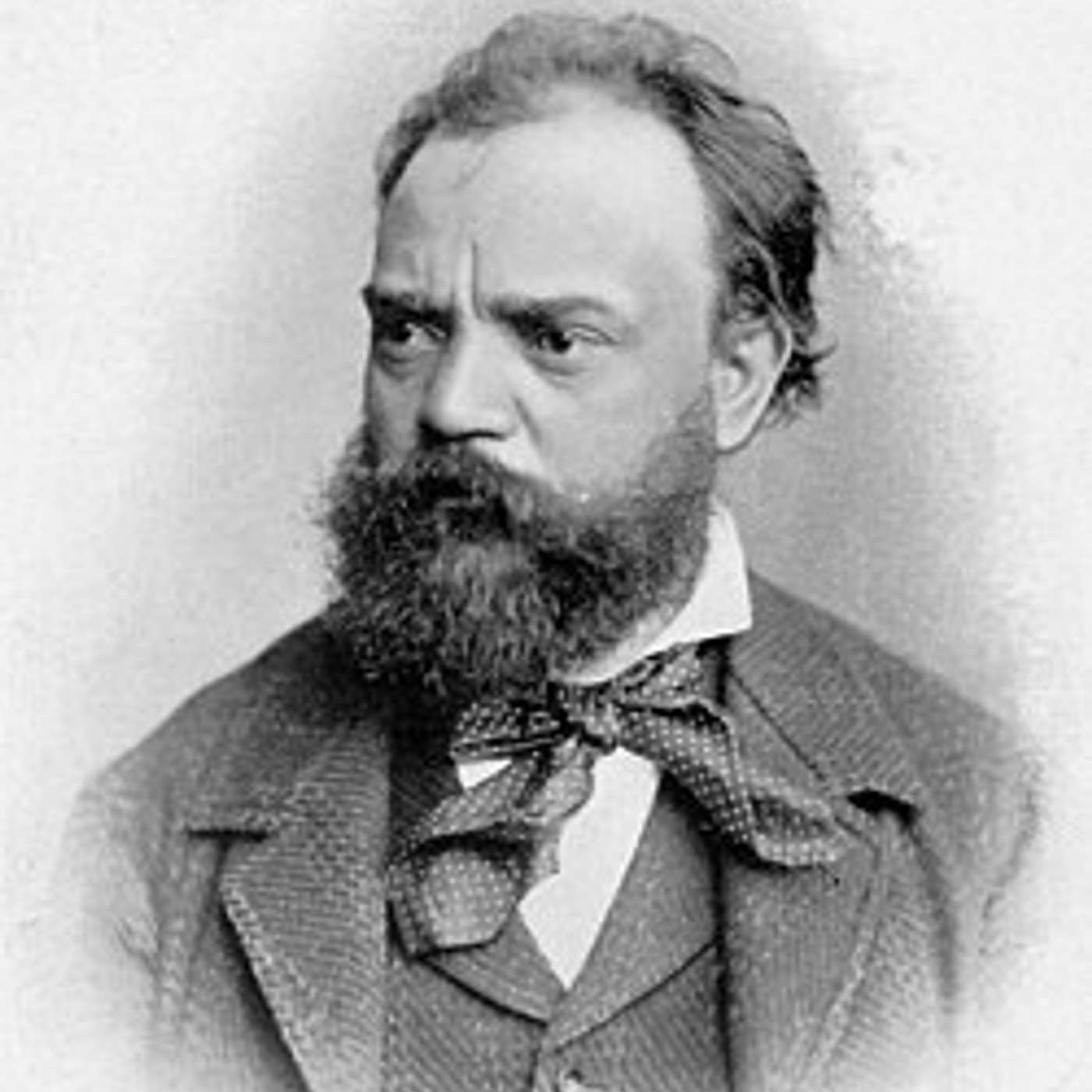
Send us a text
Maestro, could you begin by telling us a bit about your background?
Ah, yes… I vas born in 1841, in a small village near Prague, in Bohemia. My father vas a butcher, my mother a simple, steadfast voman vith a love for folk songs. My family had little vealth, little expectation beyond the ordinary trades of life. Yet I felt Music as a calling — not for fame, but as a vay to capture the spirit of Bohemia itself. I vas not born a prodigy like some; I had to vork...
Tenderness Interrupted
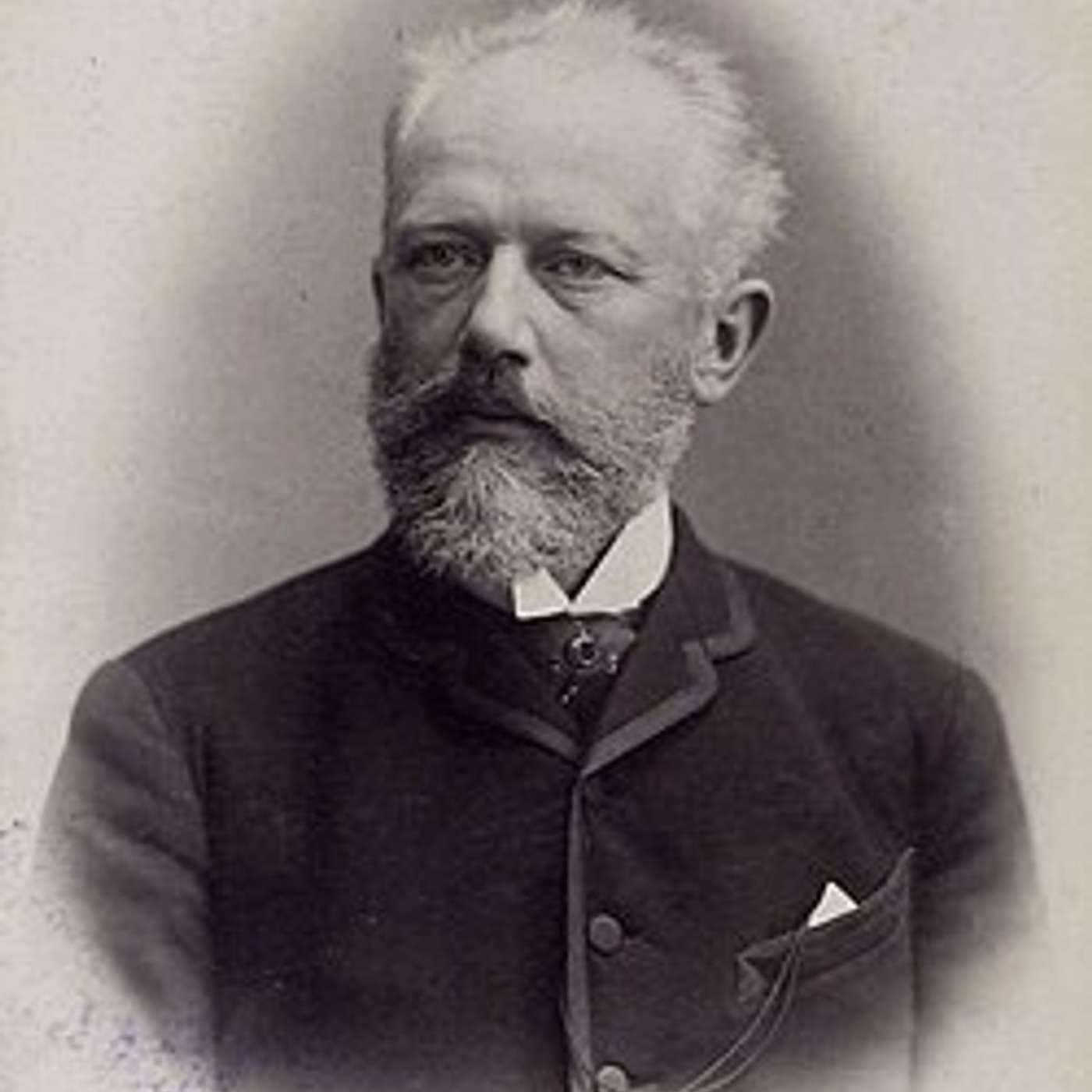
Send us a text
2 Ghost sound
I am most happy, to be here, and as a ghost, my heart carries the weight of a funeral march, even in moments of applause.
Interesting analogy, Maestro Tchaikovsky, but could you tell us a bit about your earthly background?
Ah, yes… earthly my background. I was born in 1840, in a small Russian town nestled in the Ural Mountains. My father was an engineer in the mines, my mother of French ancestry, gentle but distant. Music was not the...
Stern and Tender
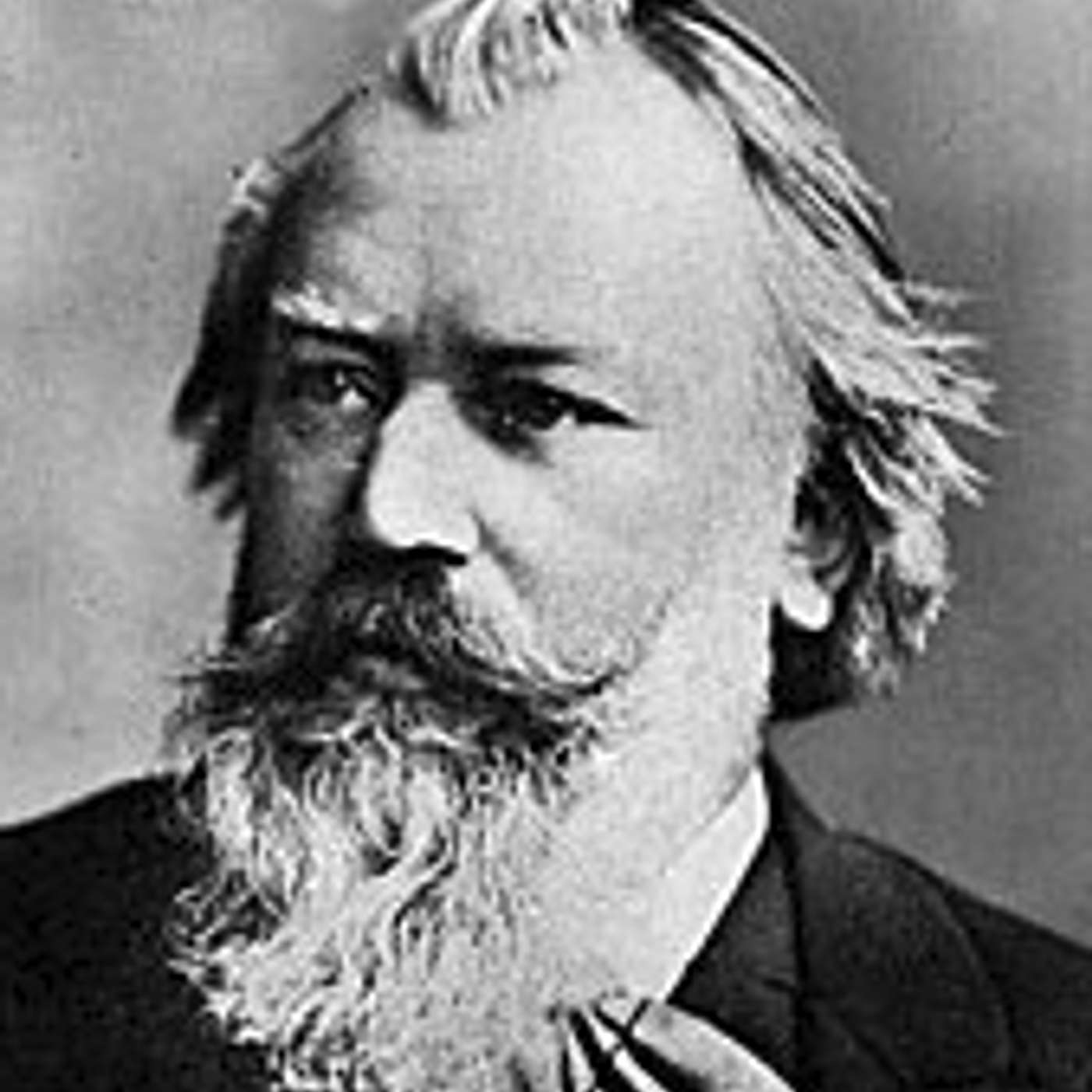
Send us a text
Today I vant to talk vith the final Composer of the three Bs - this podcast has previously Broadcast episodes regarding Bach and Beethoven - and vill certainly have more regarding those musicians - but today I vant to talk about another composer vhose last name also begins vith B, and is also considered one of the greats. That composer is yo-HAH-nes Brahms. Unlike some composers of his era, he did not have any recorded middle names or additional given names—he vas vas alvays knovn as yo-HAH-nes Brahms. And by the vay...
From Village to Glory
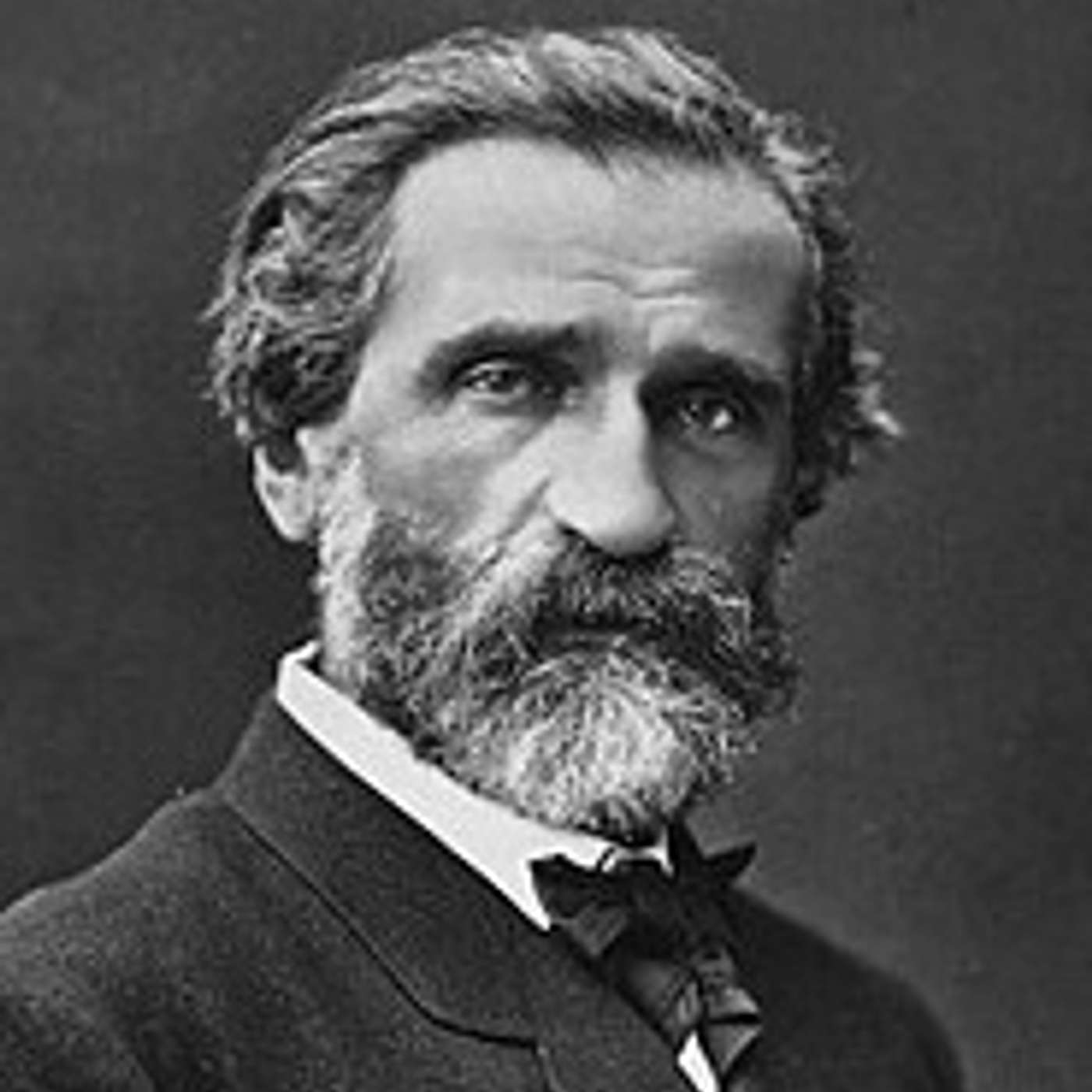
Send us a text
Well, a logical place to begin would be to ask the Maestro about his beginnings
“Ah, señor Bartley, I am pleased to be here. You ask about my beginnings? wery well. I was born October 10, 1813, in Le Roncole, a small willage in the Duchy of Parma. My father, Carlo, ran our taern, and my mother, Luigia, kept the household in order. We were not rich, nor were we musicians by trade, yet music found me nonetheless. The hymns of the willage church, the organ, the singing of neighbors — they becam...
Music and Majesty
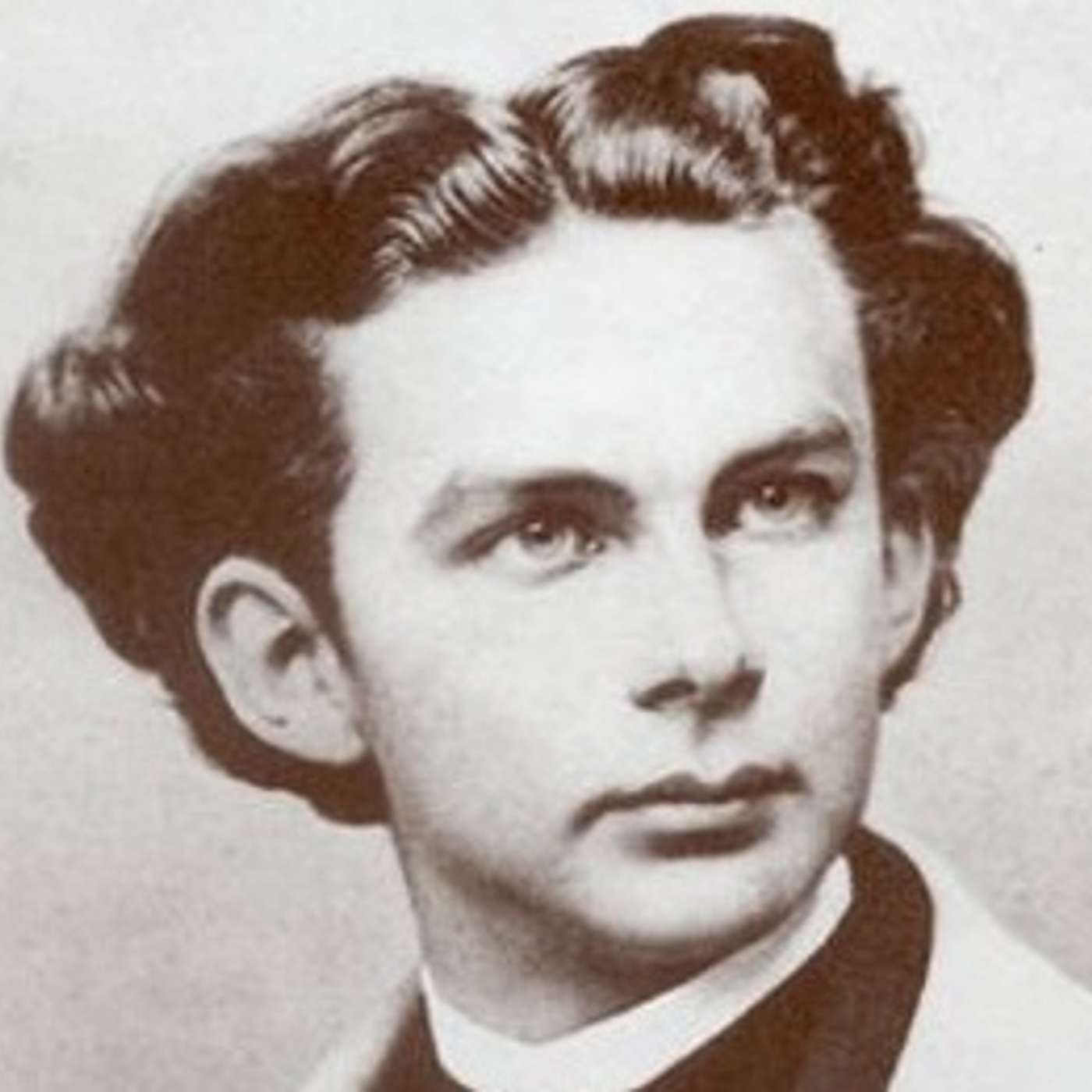
Send us a text
Musical attributions at end of transcript
Here the ghost - or if you will - the spirit of Richard Wagner - is reminiscing about his existence in 1864. A struggling genius. A lonely king. One shared dream that changed the sound of Western music forever. In Music and Majesty, Richard Wagner and King Ludwig of Bavaria revisit the passion, faith, and madness that forged a masterpiece.
George
We left you in the last episode, Maestro Wagner, with you rather down on yo...
Valkrie Voices
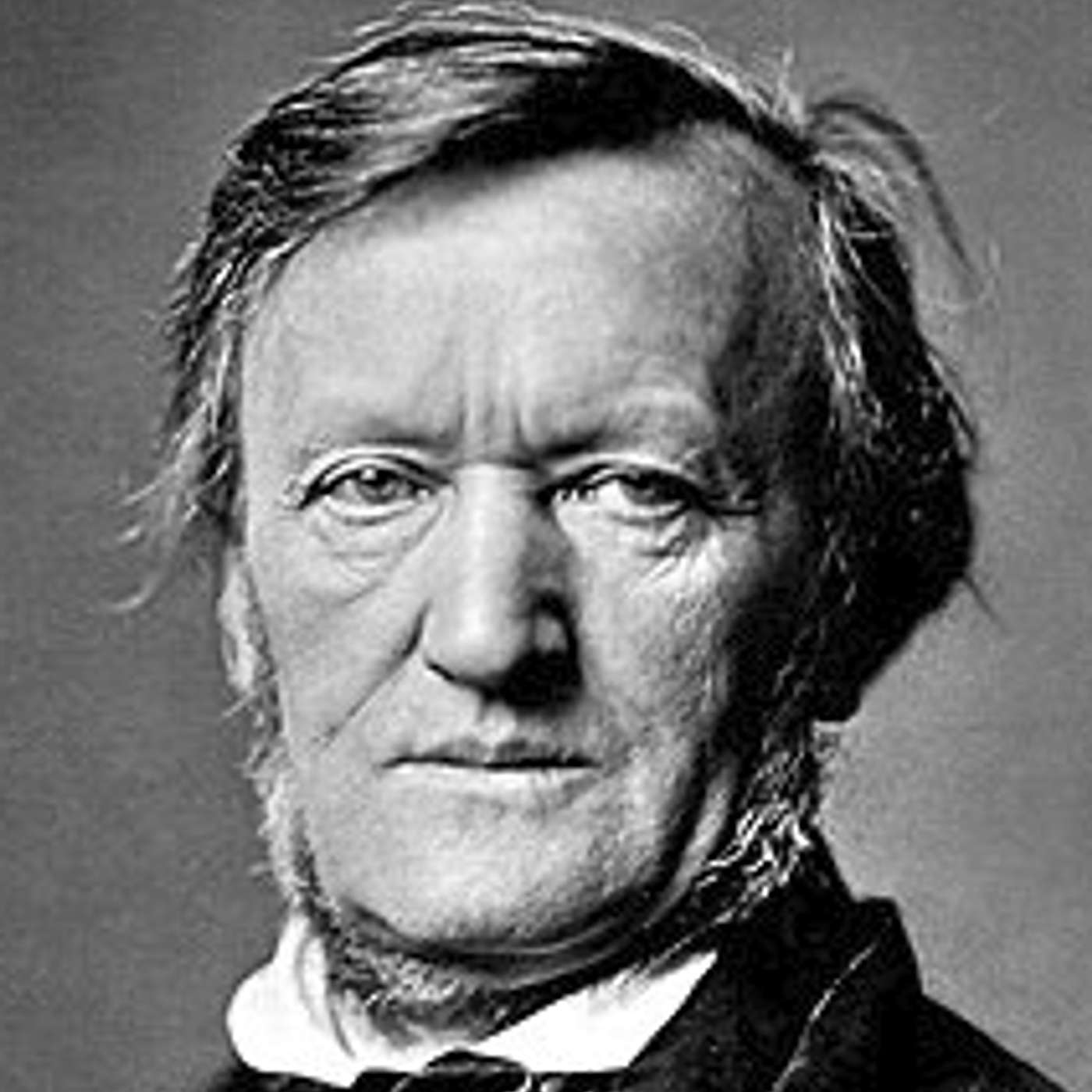
Send us a text
Music attribution at bottom of transcript
That was a portion of ride of the Valkyries by Richard Wagner - and if you're old enough, like me, you might remember hearing that from cartoons - especially porky pig dressed in a hunting outfit and singing kill the wabbit , kill the wabbit about Bugs Bunny - but I digress
This is the first episode where I would like to explore the world of Richard Wagner. The reason I say that this is the first episode, is th...
Burning the Piano
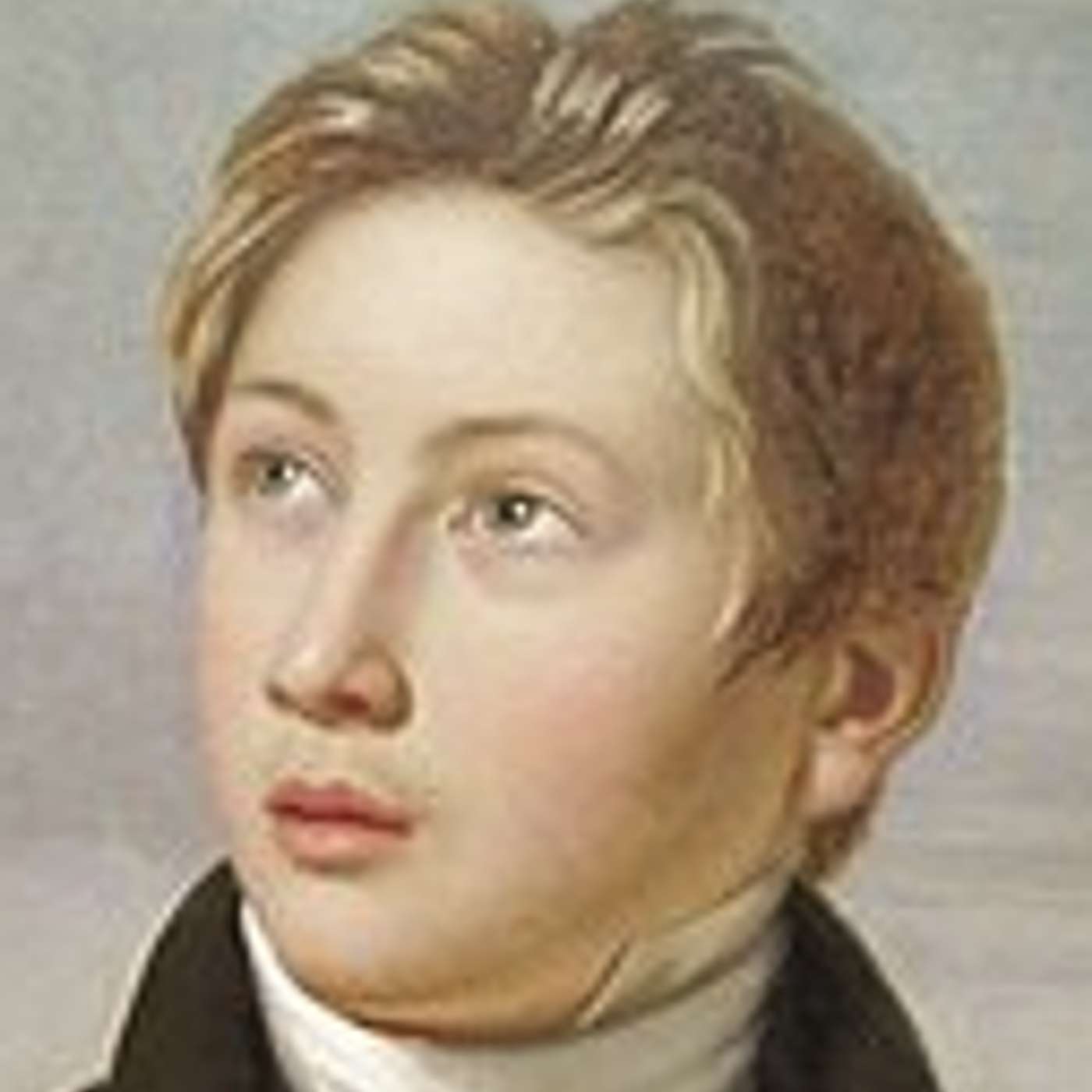
Send us a text
You know, Every generation has its superstar — the one who turns talent into legend, and performance into art. For us, that might mean Elton John or Lady Gaga. But in the 1800s, one name ruled the musical world like a comet blazing across the sky: Franz Liszt.
A man whose concerts caused hysteria, whose charm melted hearts, and whose fingers seemed touched by lightning.
So let’s pull back the velvet curtain and step into the age of Lisztomania!
Ghost sound
Maestro Liszt, welcome.
Thank y...
Inner Voices
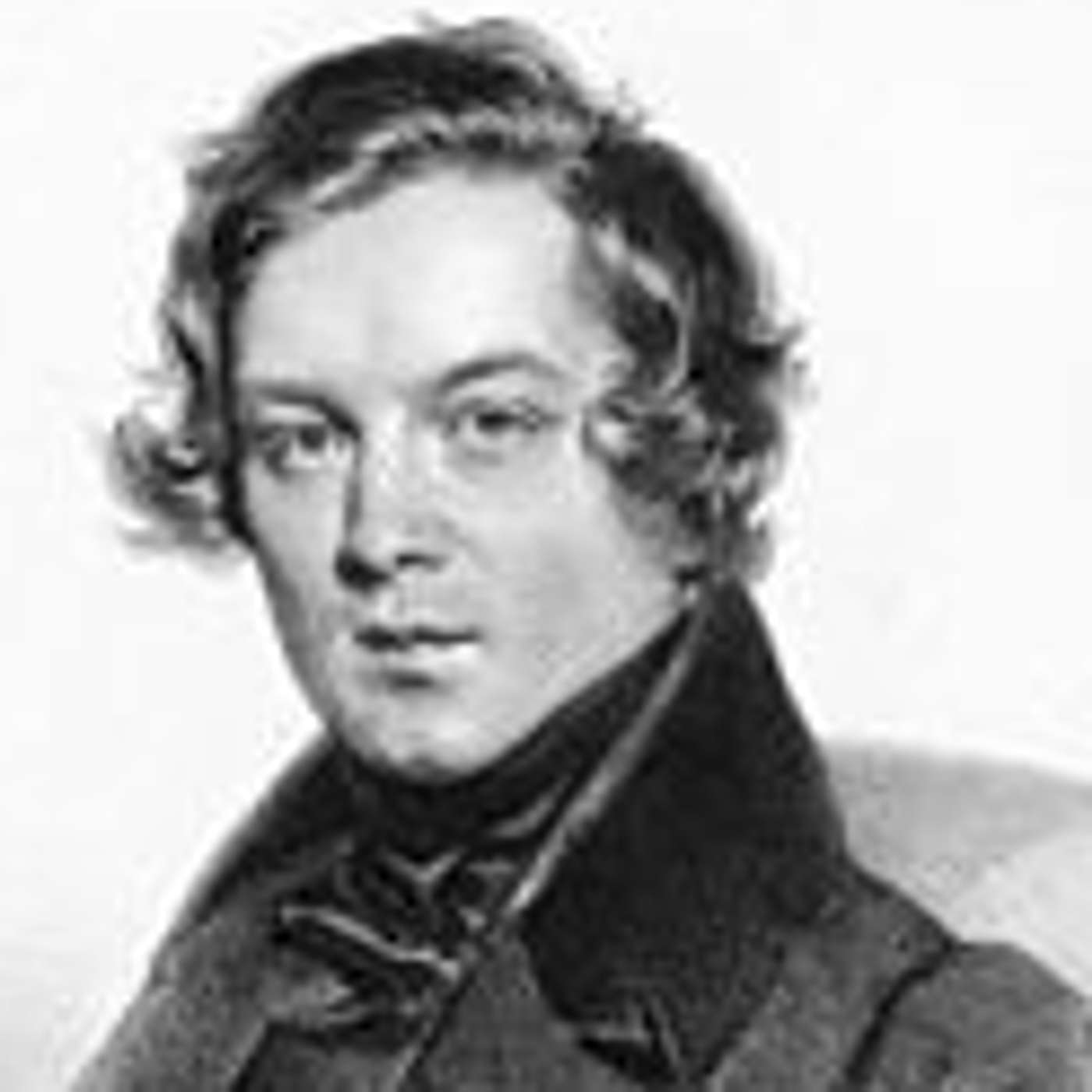
Send us a text
velcome to Celebrate Creativity - episode 488 - in her voices. The opening bars to this podcast episode are from Robert schumann’s troy mu ri - a word that means dreaming
And today ve speak vith the ghost of Robert Schumann—a man vhose music vas alive vith fire and reflection, vhose inner voices shaped every note. Step inside his vorld, if you dare.
Nov before ve meet the ghost of or if you vill the spirit of - the great Robert Schumann, a quick note: you may hear me spe...
Ghostwaltz
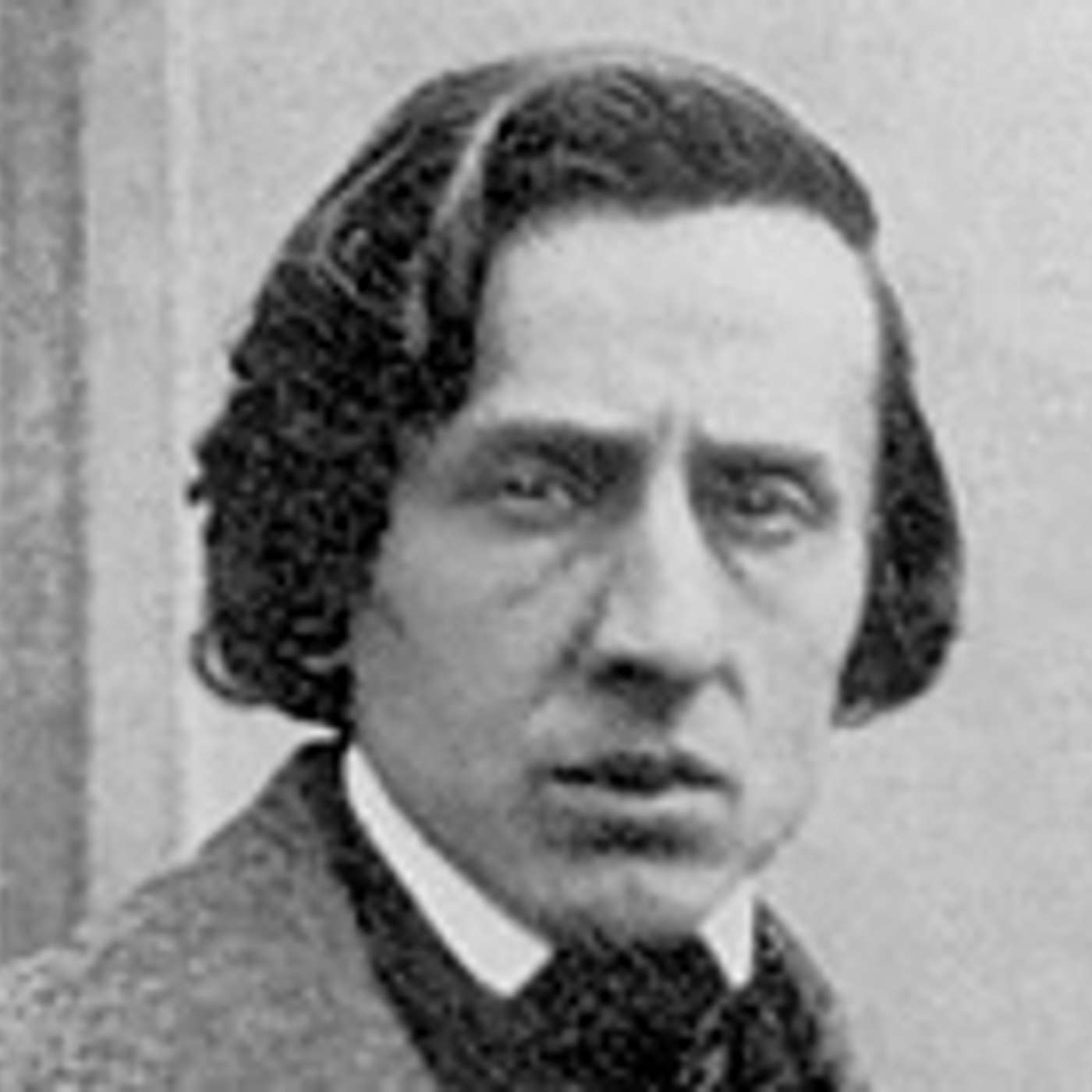
Send us a text
Ghost enters
Ah, here is the ghost of Maestro Frederick Chopin - one of my favorite composers. vould you prefer that I call you Maestro Frederick or Maestro Chopin.
Maestro Chopin vould be sufficient.
You could refer to me as simply Herr Bartley - or in the style of the French salons, you may also refer to me as Monsieur Bartley.
Ah, then Monsieur Bartley it is.
Well first, Maestro Chopin, could you tell us about your early years.
S...
Romantic Resonance
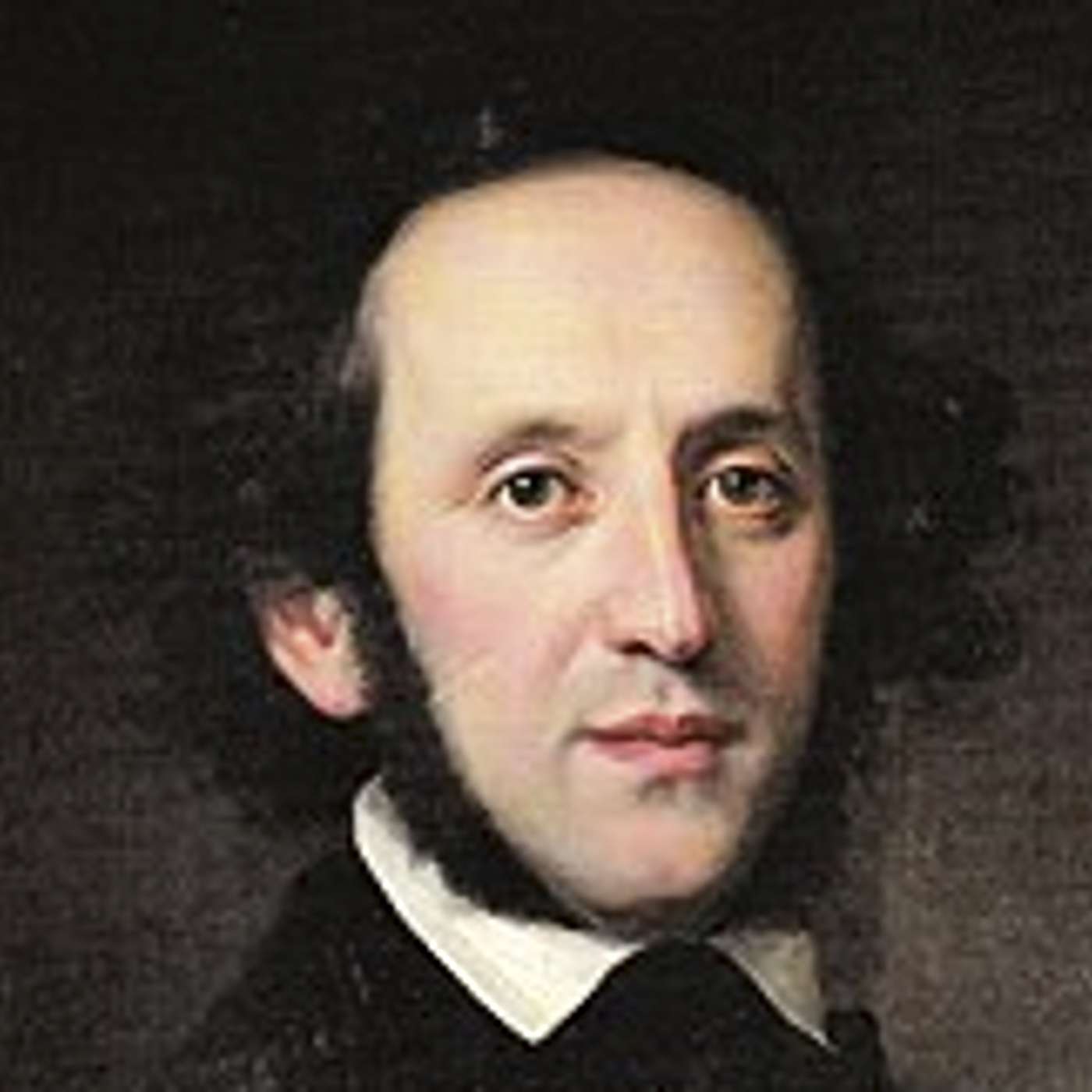
Send us a text
If you have ever been to a wedding or seen a portion of one on television or in the movies, I am sure you have heard some of them music of Mendelson - such as the wedding March at the beginning of this episode. Today we are fortunate enough to speak vith the ghost or if you vill - the spirit of Felix Mendelson
Herr Bartley, thank you for that vedy direct introduction to vhat has to be my most vell-knovn vork. But Herr Bartley—allov me to ste...
Fate & Triumph
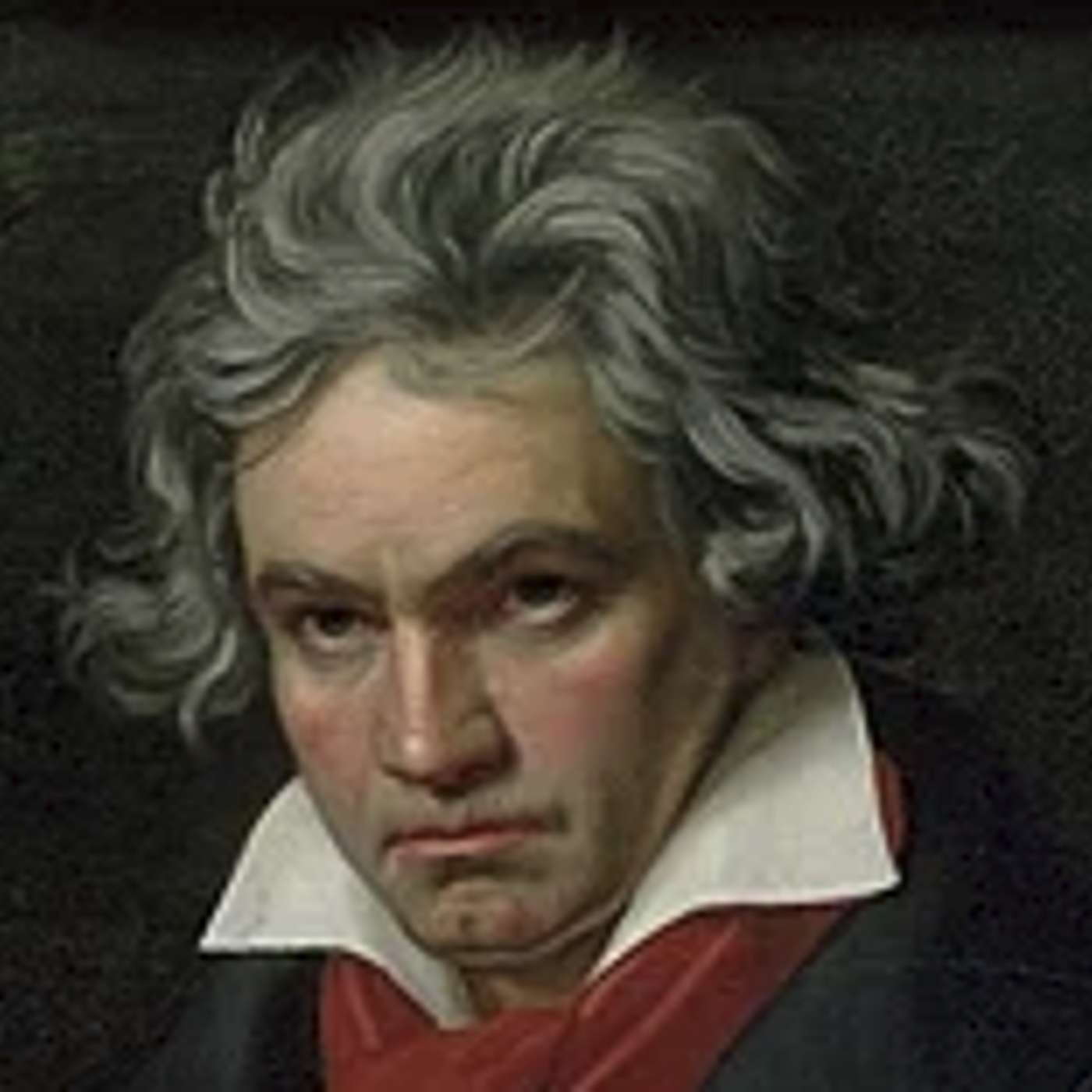
Send us a text
Today we have the privilege of speaking With the ghost or if you will the spirit of Ludwig van Beethoven —arguably the greatest composer of all time.
Ghost sound
Maestro Beethoven, thank you for joining us. Could you begin by telling us about your background?
Herr Bartley, it is extremely strange to look back from beyond the grave, but let me oblige. I vas born in Bonn, December 1770, into a family of musicians. My grandfather, Kapellmeister Ludvig van Beethoven, vas a respected man, and my fat...
Small Town Boy in the Big City
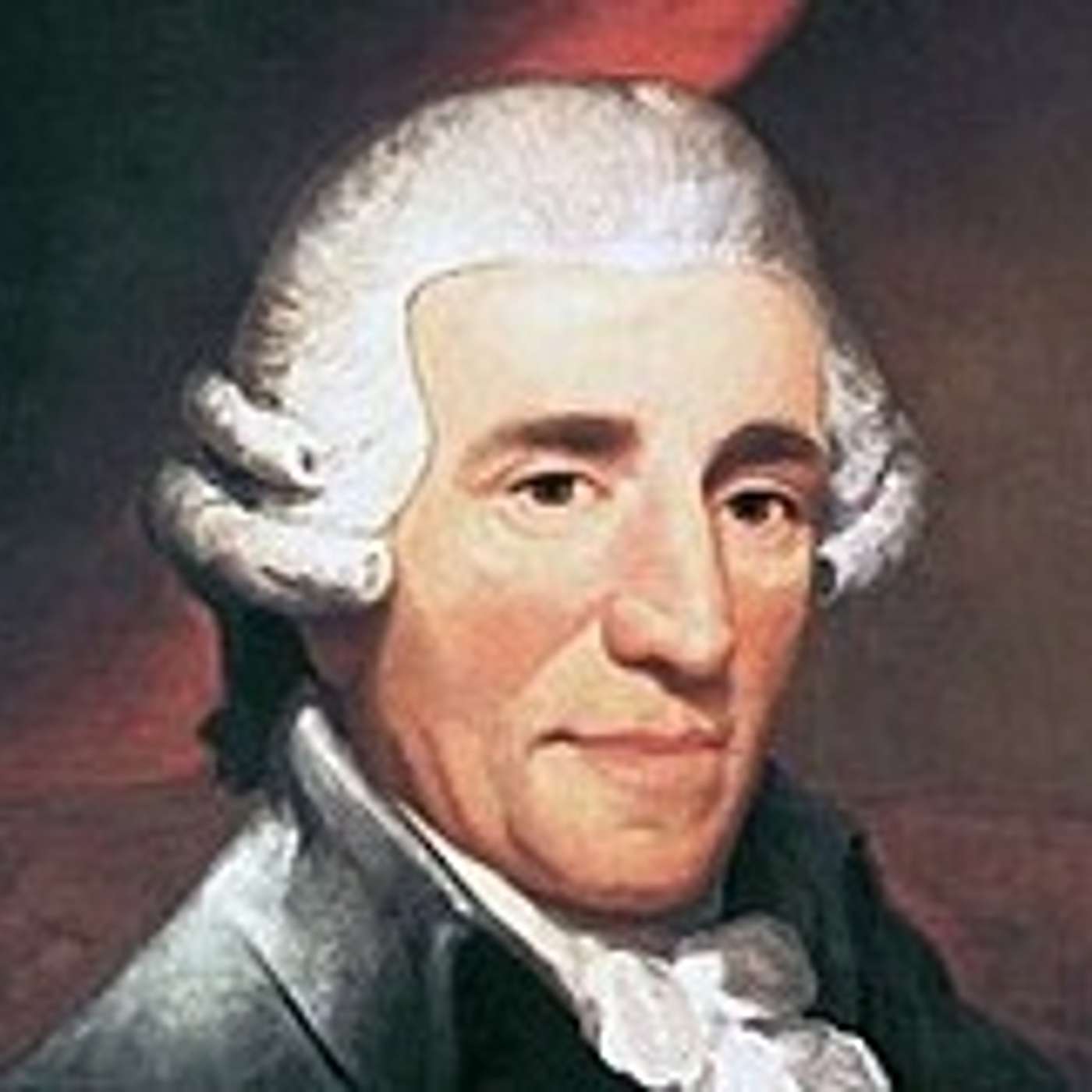
Send us a text
And here, right on time is the ghost of maestro Haydn to tell us about his story - his life and his music - Maestro Haydn, why don't you start at the be ginning.
Certainly, Herr Bartley. I, Joseph Haydn, vas born in 1732 in the small Austrian village of Rohrau, near the border of Hungary. My father, a humble vheelvright, could not imagine that his son vould one day travel to the grand palaces of Europe or have his music performed by orchestras in London. Yet music called...
Hallelujah!
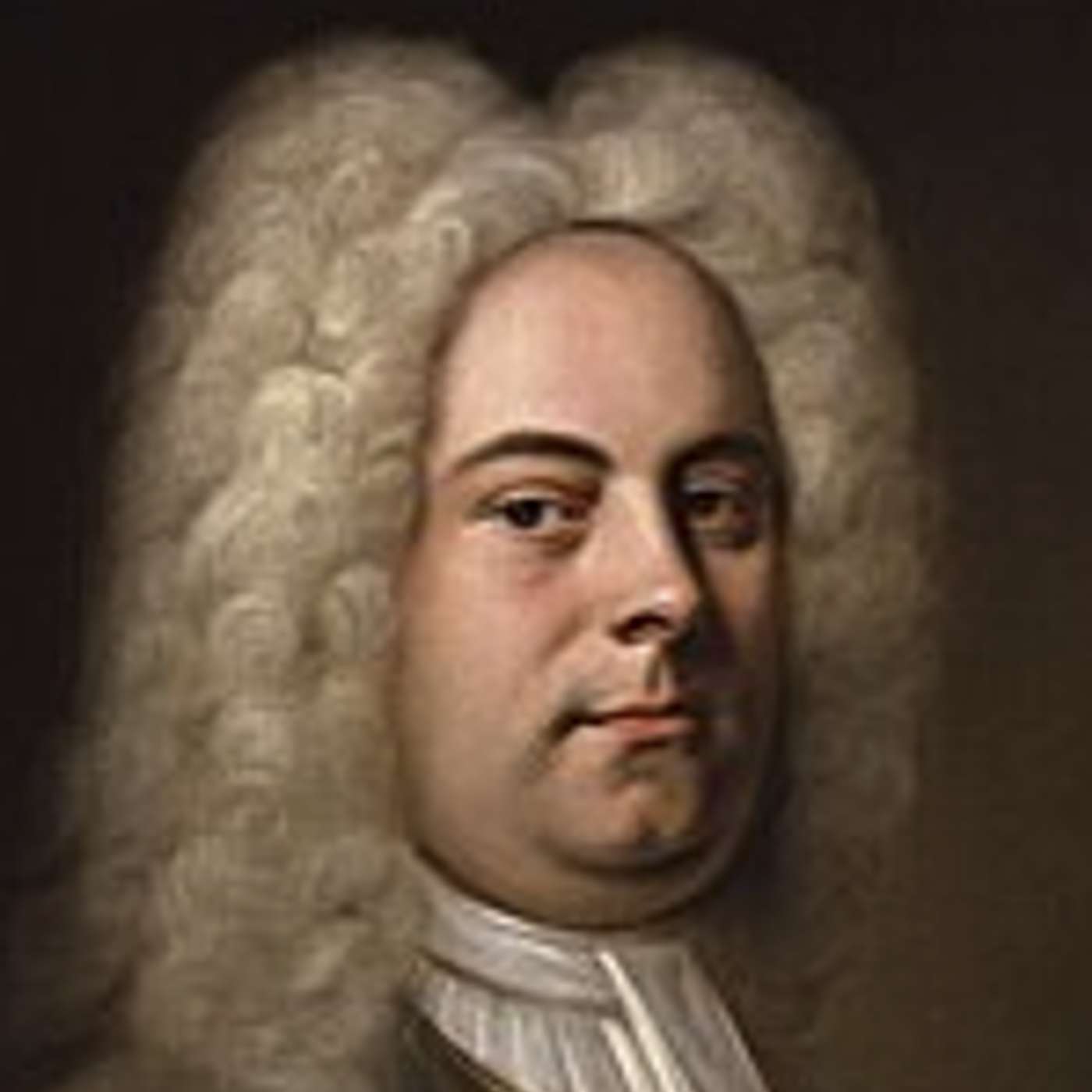
Send us a text
Gavotte
Welcome to celebrate creativity - in ze past few episodes, I'm afraid I've been a bit off in ze numbering of episodes - this is actually ze fourth season, and I believe that this is episode 483 - now we began this episode with ze Gavotte in G by ze ghost or if you will spirit - of our guest today.
Ghost sound
Taken a vastly different path than the one that my father had chosen for me well
Herr Bartley — good day. ...
The Baroque Star
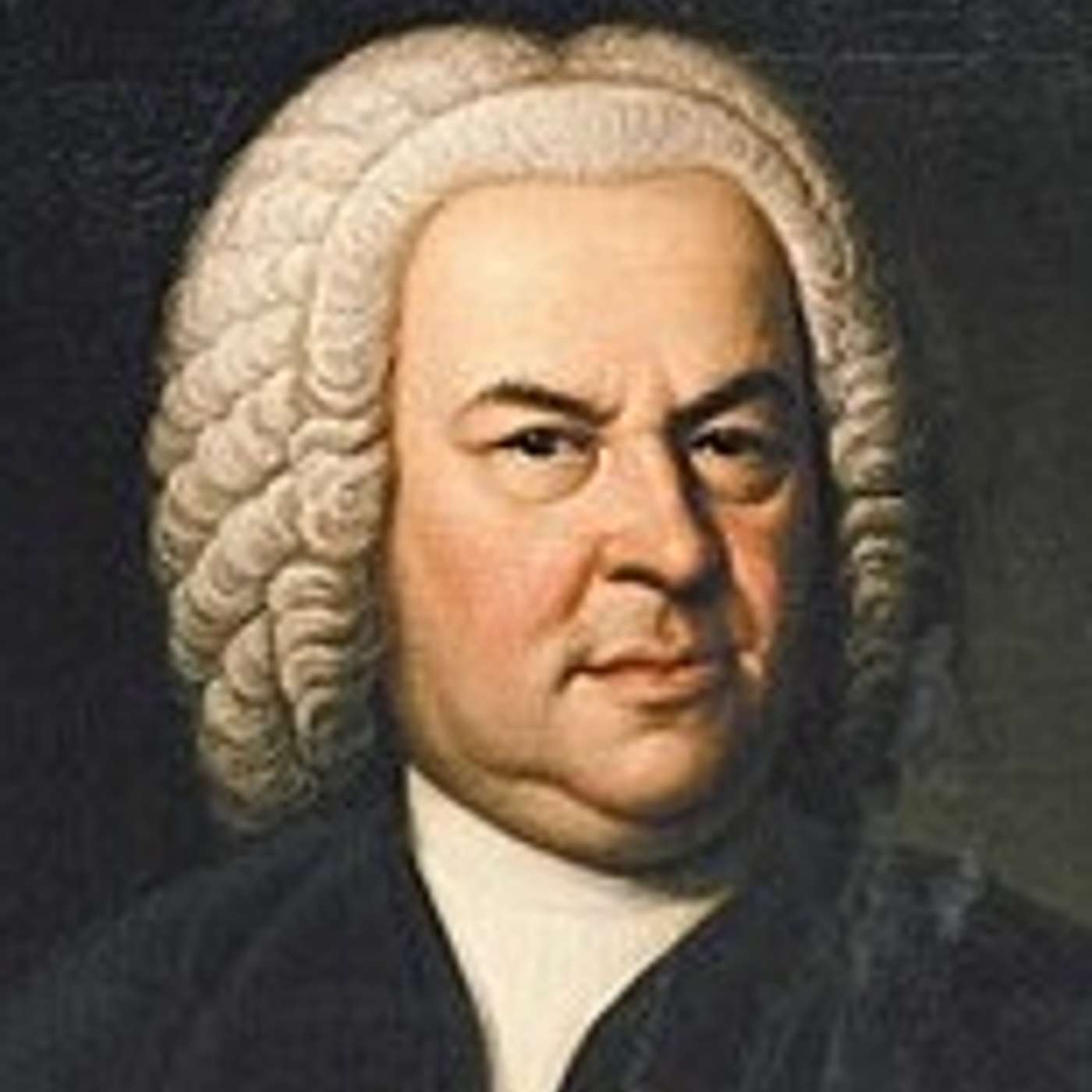
Send us a text
I have the ghost of Herr Bach right here -
Frst could you tell us about your early life and family.
Herr Bartley, I vas born in 1685 in Eisenach, Germany. My family had been musicians for generations: organists, cantors, court players. To be a Bach vas, in truth, to be a musician. My father, Johann Ambrosius, vas Eisenach’s town musician. From him, I learned the violin and the rudiments of theory.
So in a sense you really didn't have a c...
Red Priest Rising
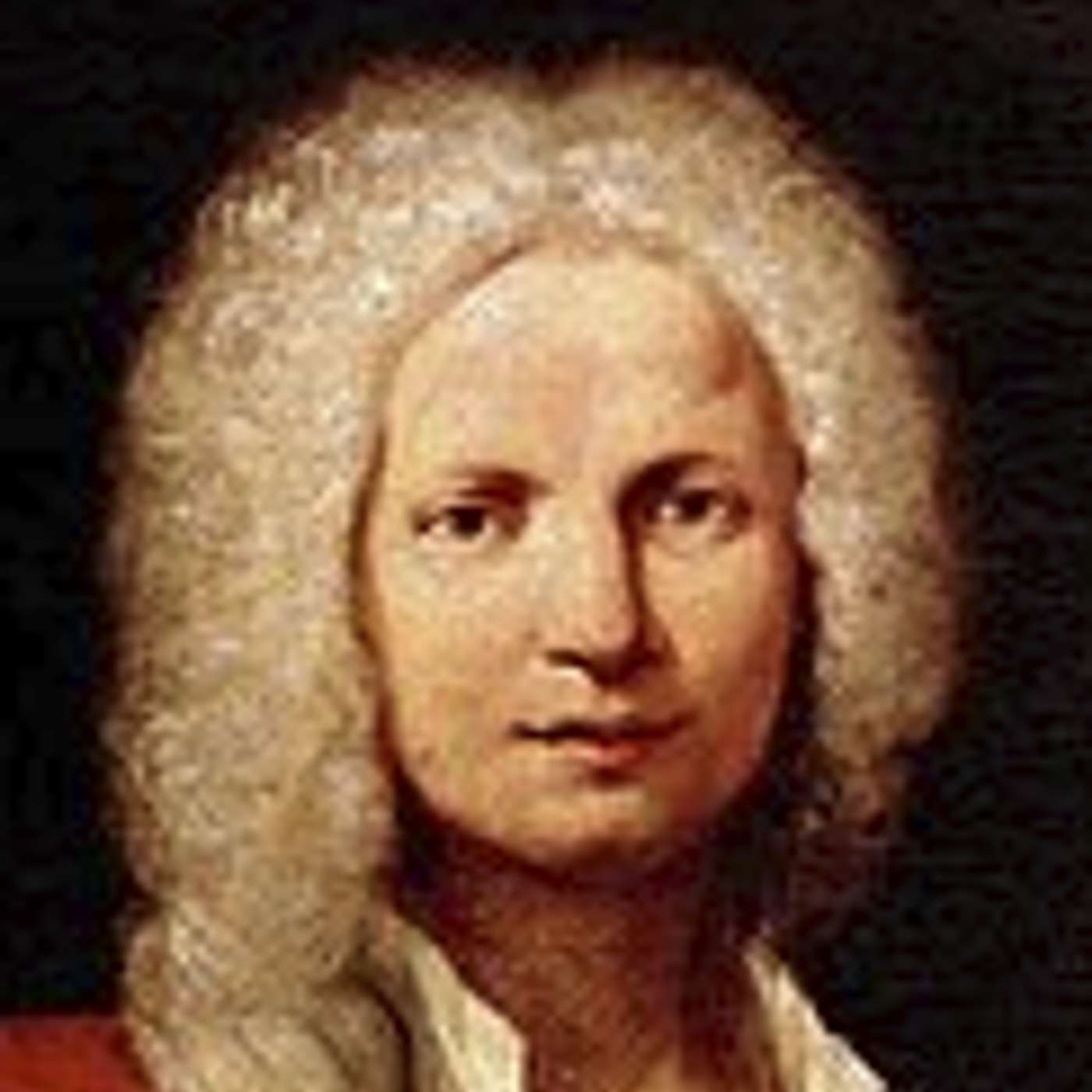
Send us a text
Host: Welcome to the "Echoes of Genius series” - the podcast where we explore the lives and legacies of the greatest classical composers. This is episode 480 - Red Priest Rising. The music that you have heard at the beginning of each episode, and will continue to hear throughout this podcast series is a brief the ghost of the composer who stands at the pinnacle of the Italian Baroque movement -maestro Antonio Vivaldi section of spring from The Four Seasons written by the ghost or if you will spirit - of our guest today<...
The Eternal Note
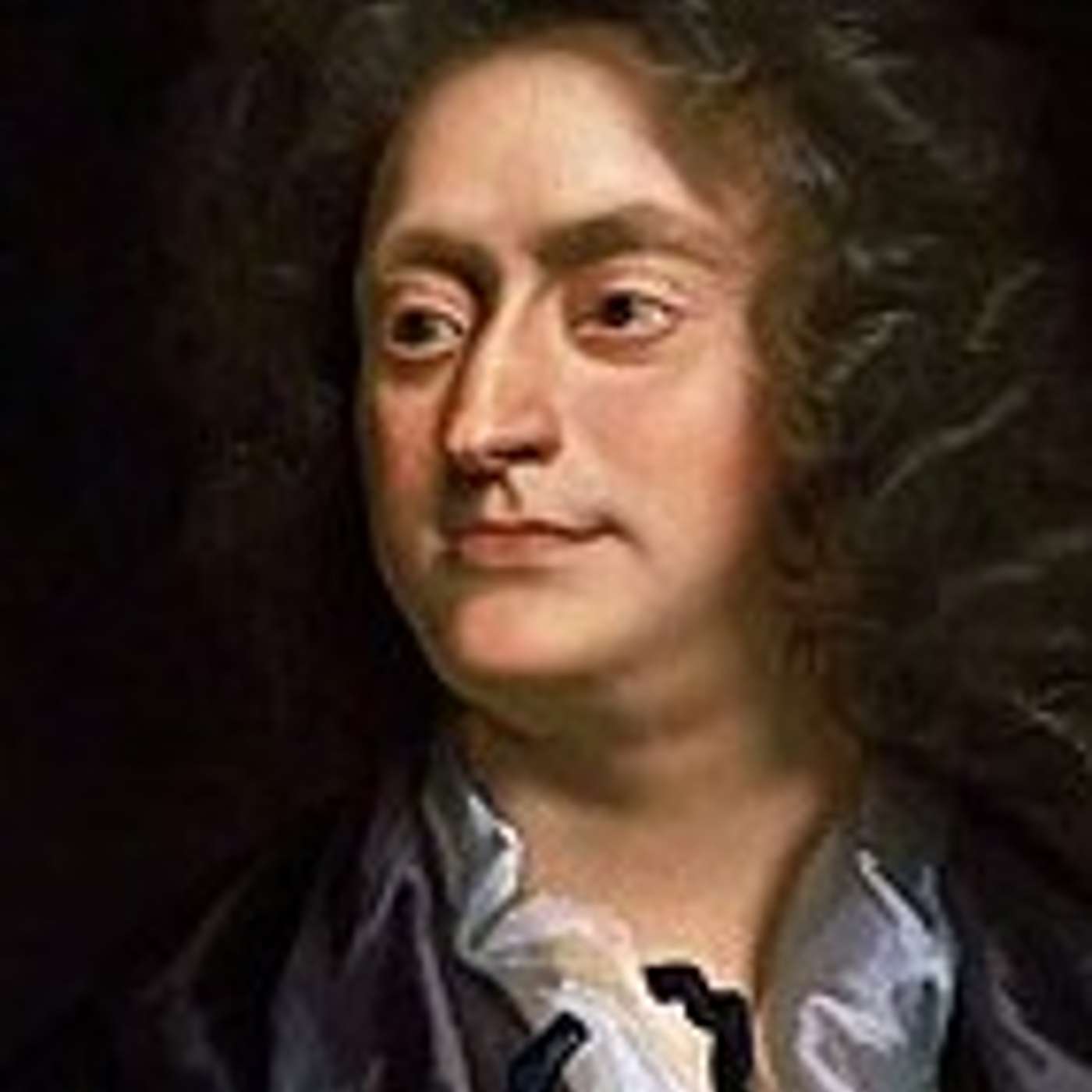
Send us a text
First I have a confession to make. I plan to do an episode regarding a musician every day, but my right hand started hurting and I mean excruciating painful. I worried about what to do, and realized if I continue to overdo it on an already injured hand/ I would have serious problems. I thought about giving up this podcast altogether but eventually decided to take a day by day approach. It seems to be getting much better than it was yesterday, so if I notice improvement I will certainly do a...
Music Comes Alive
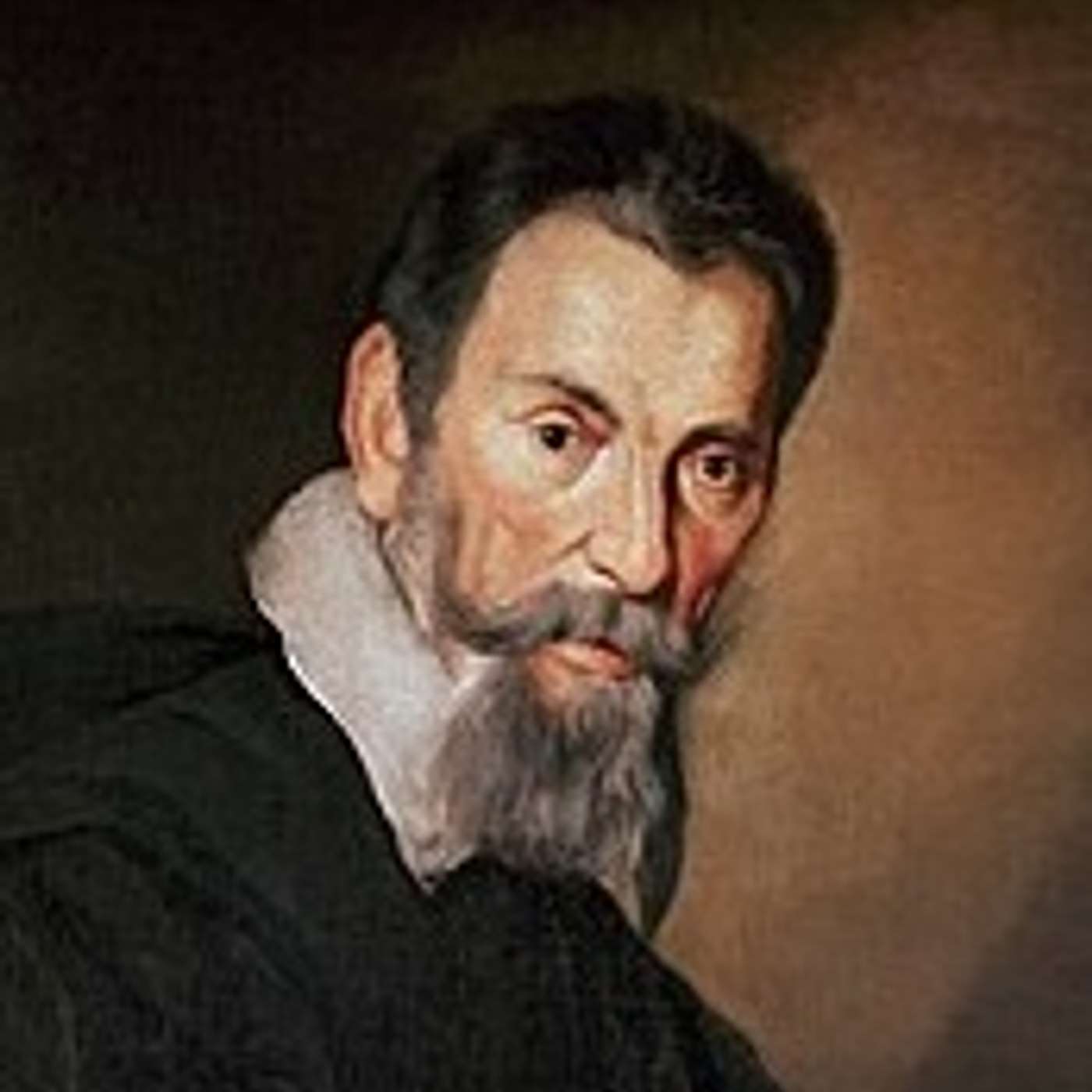
Send us a text
This is the first of what I hope to be a series of 25 podcast episodes regarding some of the most influential and creative musicians prior to the 1900s - all ranked chronologically - then the following month, I will deal to some of the most influential musicians after the 1900s. It somehow didn't seem right to have Beethoven and the Beatles compete with each other in a list of the greats. Both Bach and Beyoncé are extremely influential in their own ways, but how can you possibly compare the two?
...
Reflecting on Poe’s Podcast Debut
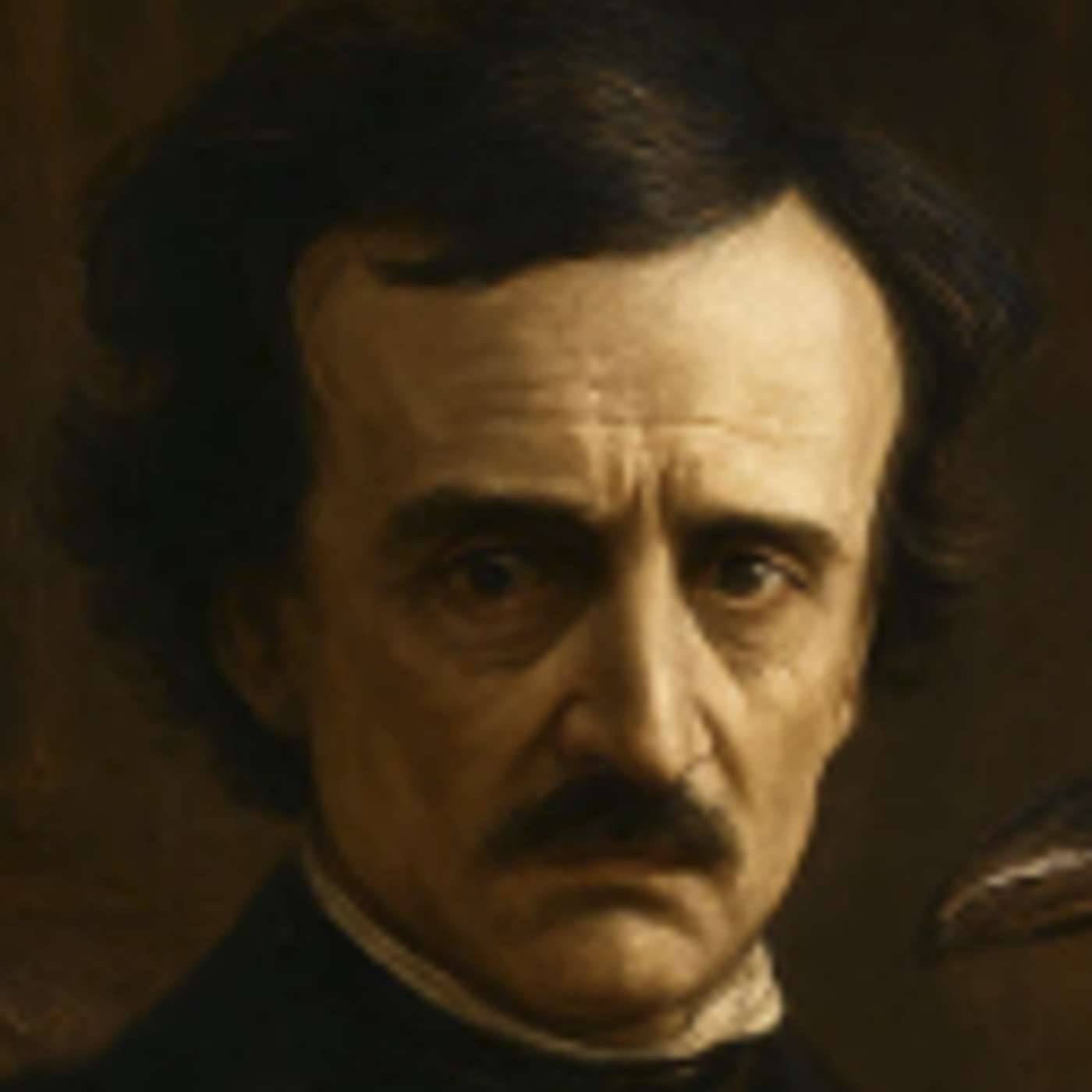
Send us a text
Well, I checked my stats for Celebrate Creativity and I am now just 7 downloads 25,000 downloads in 100 countries and territories - something I could have never envisioned five years ago when I started this podcast as Celebrate Poe. And I will soon be starting a new series of podcasts where I talk to the ghosts - or if you will - spirits of various musicians. Therefore before I start that series, volume brimming with the knowledge of the ages snuggled into a big company chair I thought it would be interesting to go ba...
The Microphone Episode

Send us a text
Spring intro
“Welcome, my friends, to The Microphone Episode. Yes, this is the one where the. greatest composers of all time—individuals who shuffled off their mortal coil long ago—are handed a microphone for the very first time.
Now you might also think of this episode as a promo or the introduction to the majority of the episodes in October where I take a deep dive into the life and music of approximately 25 noted classical musicians prior to 1900. Before I actually start, I wanna t...
Echoes of Horror
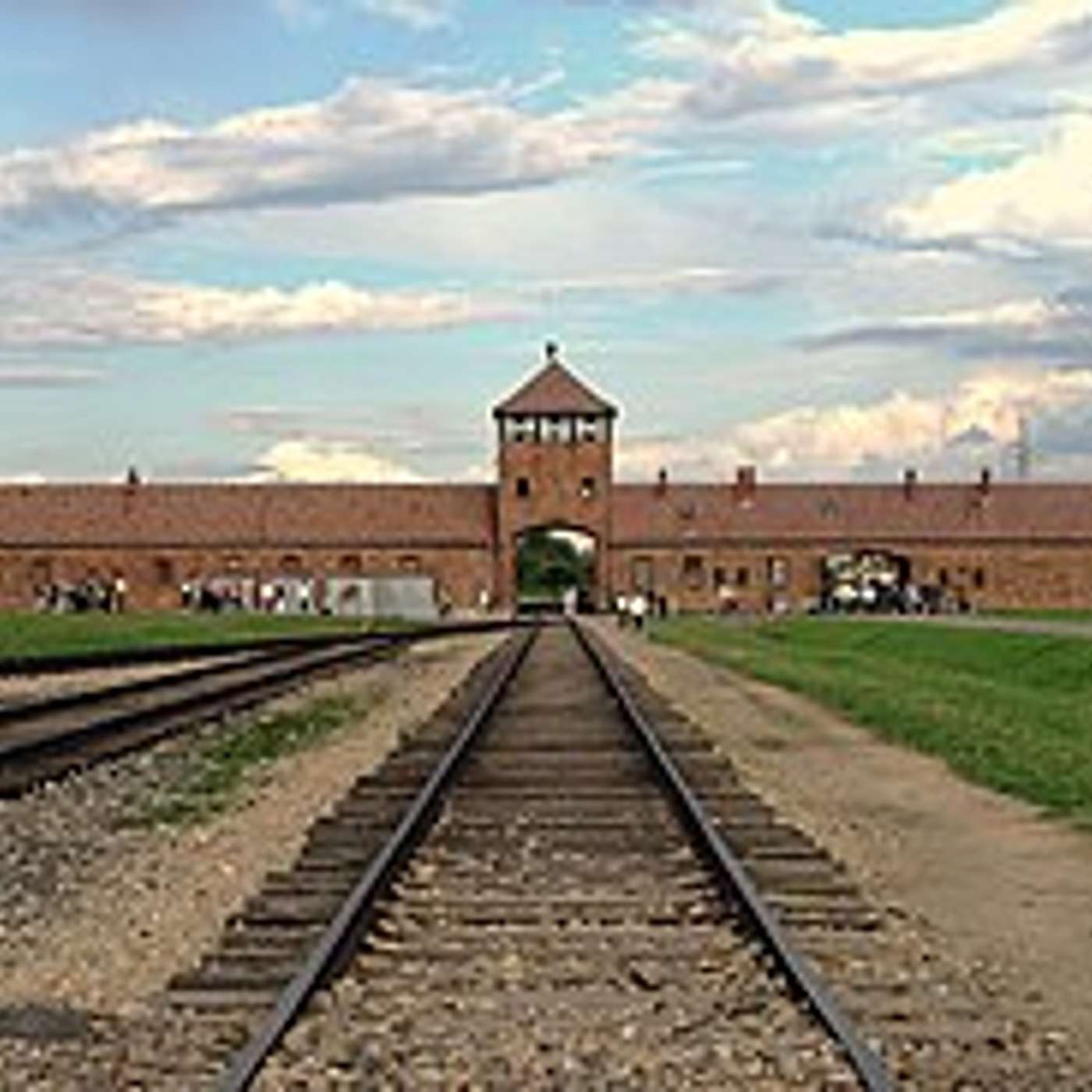
Send us a text
Welcome to Celebrate Creativity - Episode 475 - Echoes of Horror
Man is capable of tremendous atrocities against other individuals.
An example is The Great Chinese Famine (1959-1961): This was a period of mass starvation under Mao Zedong's Great Leap Forward. While the exact number of deaths is debated, estimates range from 15 to 55 million people. While not a direct campaign of extermination like the Holocaust, it was the result of deliberate and disastrous government policies that led to mass death.
The Soviet Purges and Gulag System where a res...
Magic and Mystery

Send us a text
When people talk about the most successful writers of all time, one name is almost always among the first: J. K. Rowling. The author of the Harry Potter series didn’t just sell books — she created a cultural earthquake. For millions of readers, Hogwarts was not a fictional castle, but a place they knew as well as their own schools. Her novels inspired midnight release parties at bookstores, fan conventions that filled stadiums, and a cinematic franchise that grossed billions. Children who had never finished a book before suddenly tore through six- and seve...
Haunted Legacies
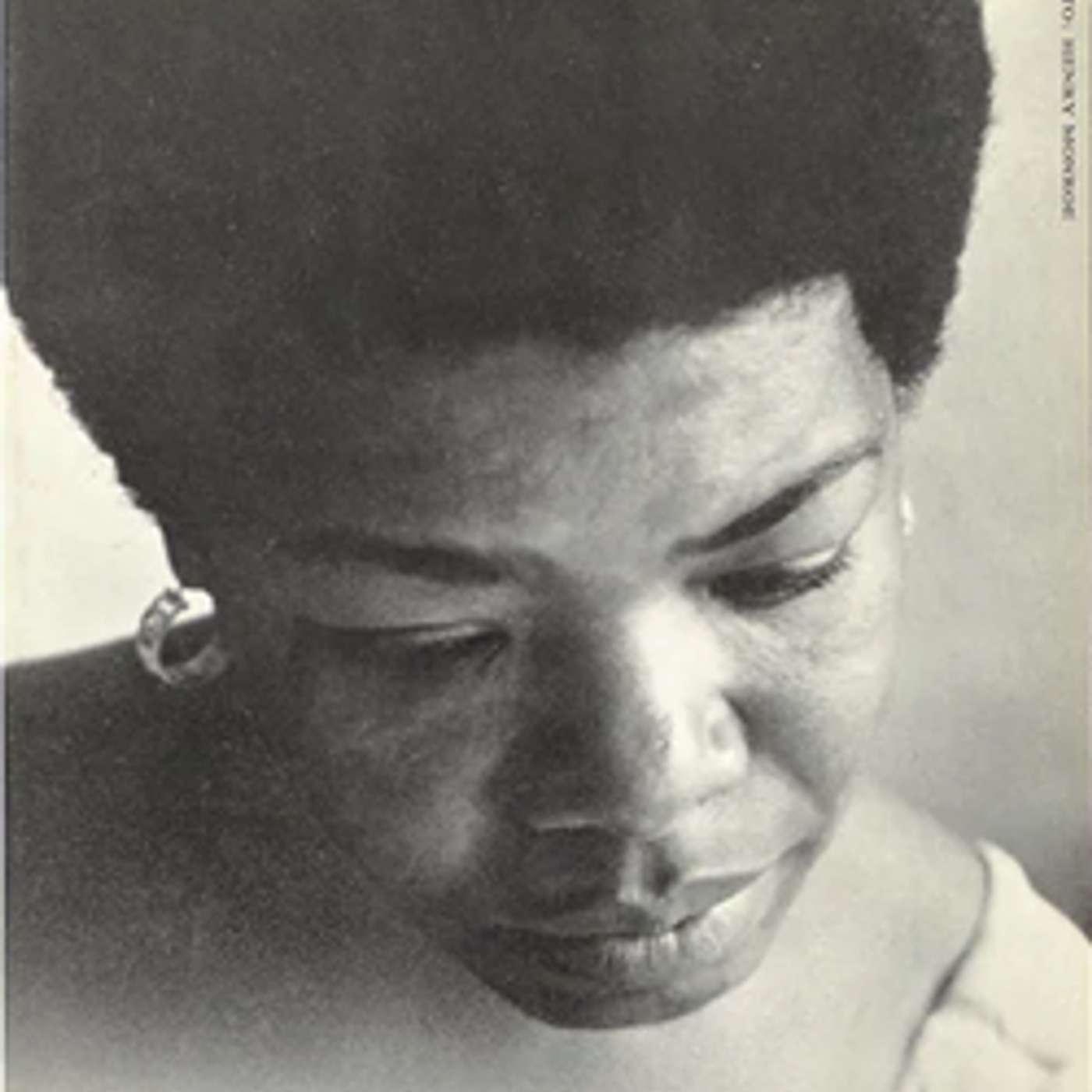
Send us a text
Toni Morrison shows us that literature can be both beautiful and necessary. That stories, especially the hard ones, can teach us how to see, how to remember, and maybe even how to heal.
Morrison's importance stems from several key aspects of her work:
Her novels powerfully explore the complexities of Black life in America, often focusing on the perspectives of Black women and girls. She intentionally did not center the "white gaze" in her writing, instead creating a "canon of black work" that spoke directly to Black audiences.<...
The Oxford Circle
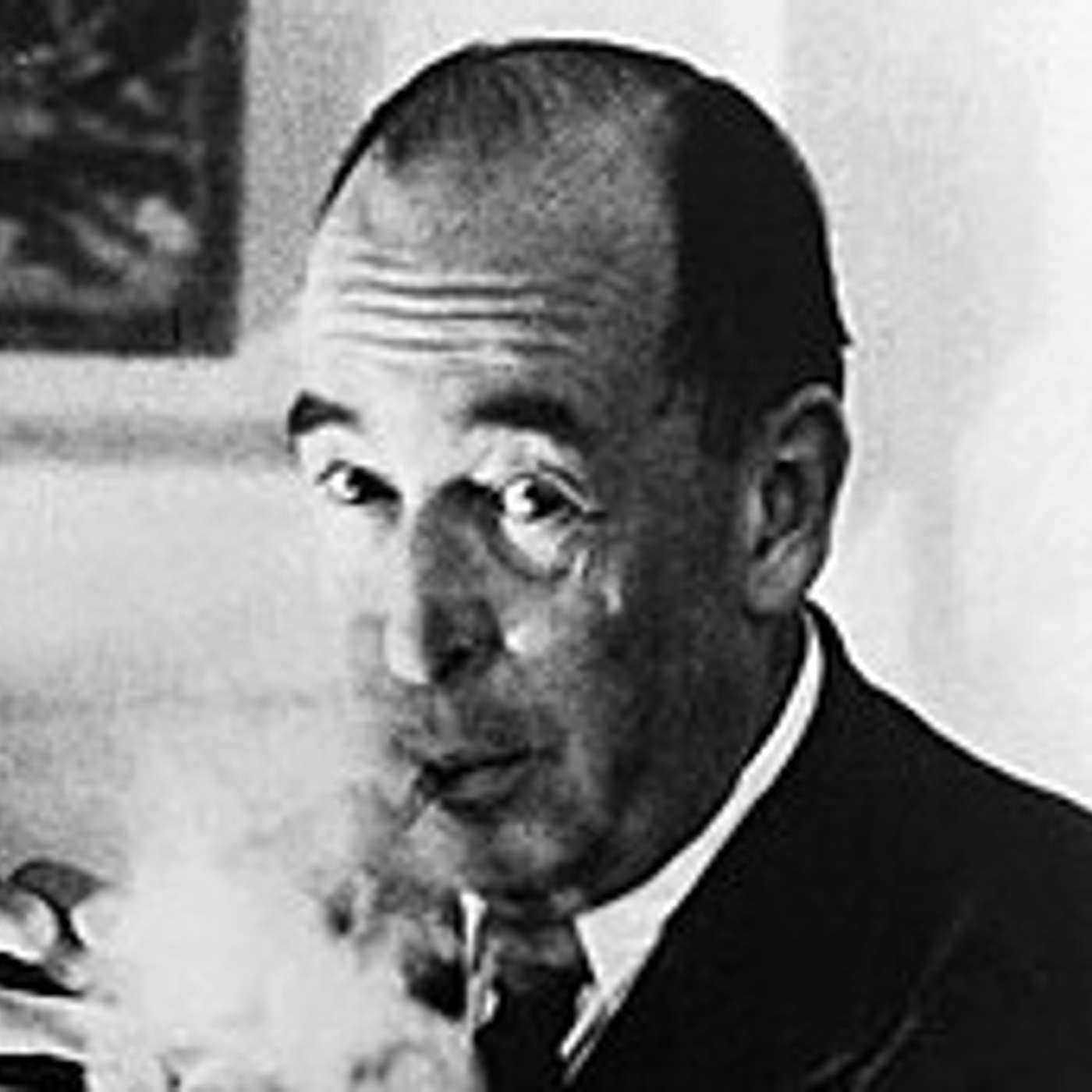
Send us a text
"Before Narnia ever existed, C.S. Lewis had a secret weapon: a band of Oxford friends who argued, challenged, and inspired him—the Inklings."
Think C.S. Lewis wrote The Chronicles of Narnia all by himself? Think again. Lewis was part of the Inklings, a group of Oxford professors, writers, and thinkers who met to read aloud, debate, and challenge one another.
When we think of CS Lewis today, we often picture The Chronicles of Narnia, or his rational, graceful Christian apologetics. But to really understand him, we ne...
Theater’s Dark Truth-Teller
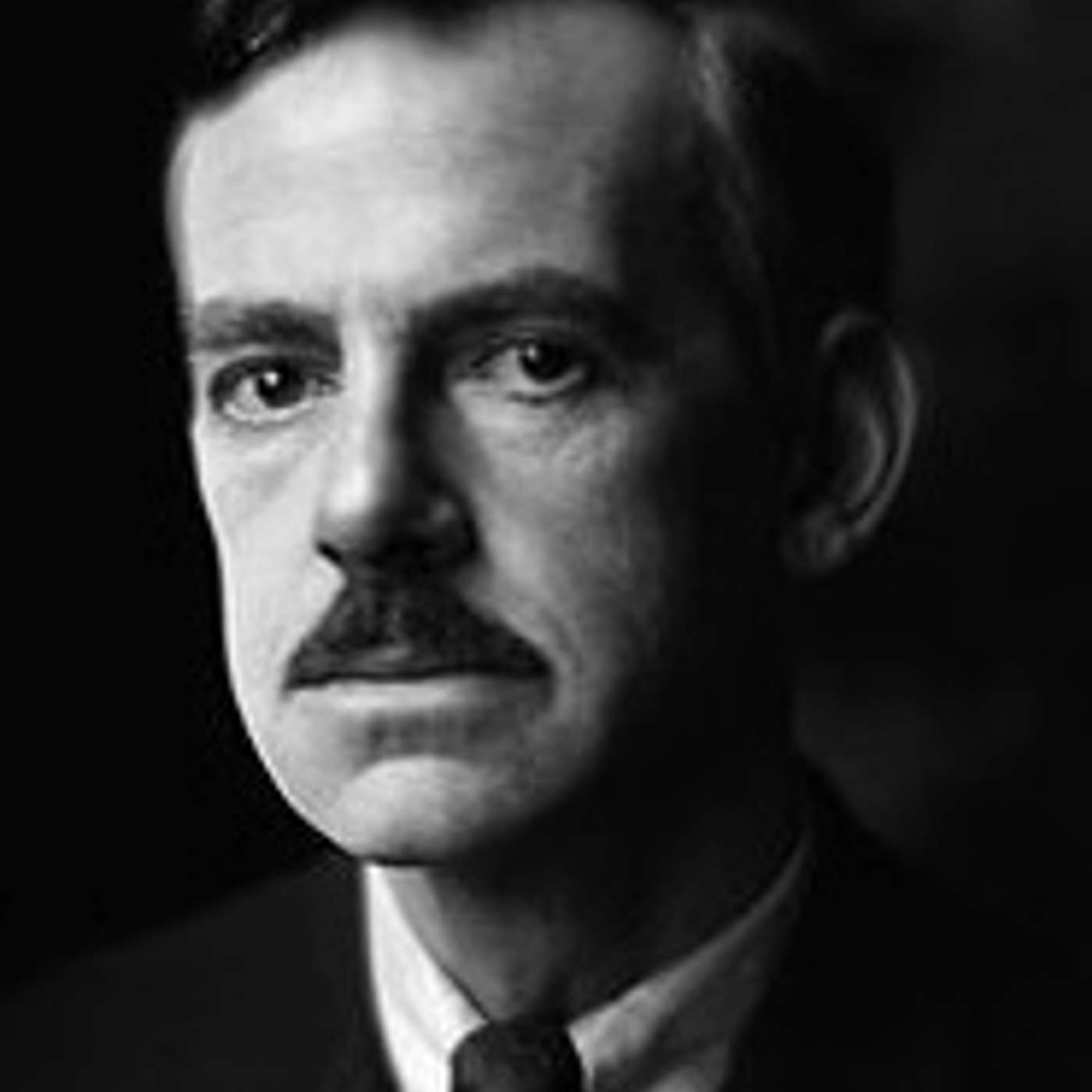
Send us a text
=Eugene O'Neill's development as a playwright was deeply rooted in his turbulent personal life and a deliberate rejection of the popular theater of his time. He evolved from a young man adrift to become a revolutionary force in American drama.
O'Neill's upbringing was steeped in theater, but not in a way that he admired. His father, James O'Neill, was a successful actor known for a single, melodramatic role - that of playing Edmond Dantès in a stage adaptation of Alexandre Dumas's novel, The Count of Monte Cristo.
J...
Between Glitter and Gutter
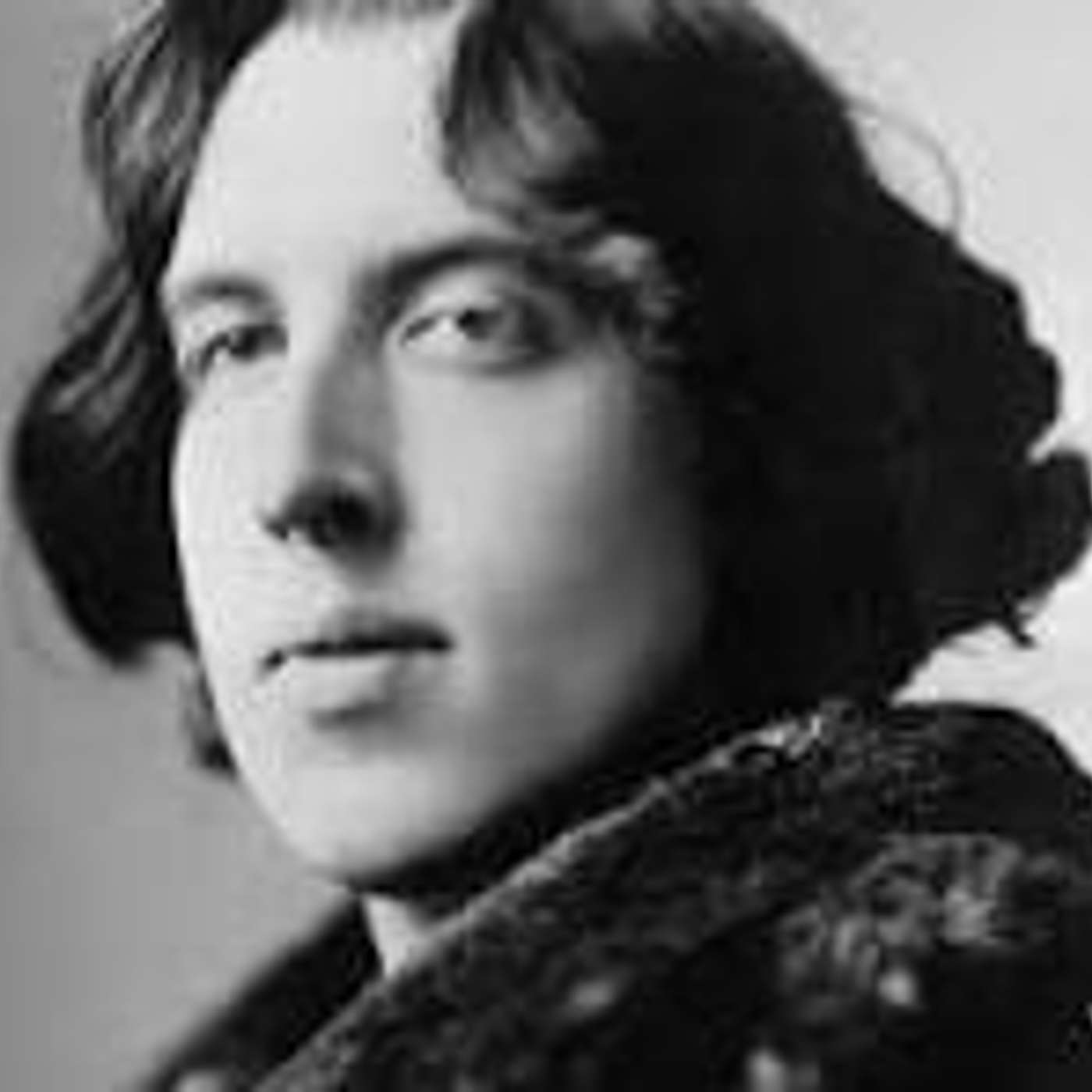
Send us a text
The subject of today's podcast, Oscar Wilde is extremely important because of his efforts in making wit an art form. His plays — such as The Importance of Being Earnest — are still laugh-out-loud funny more than a century later, which almost no other Victorian writer can claim. He exposed the hypocrisy and absurdity of his society with dazzling one-liners that still feel sharp in our own age of image-making and social performance.
But beyond the jokes, Wilde’s life gives him lasting weight. He lived boldly, at enormous personal risk, in an era...
Tolstoy Unveiled
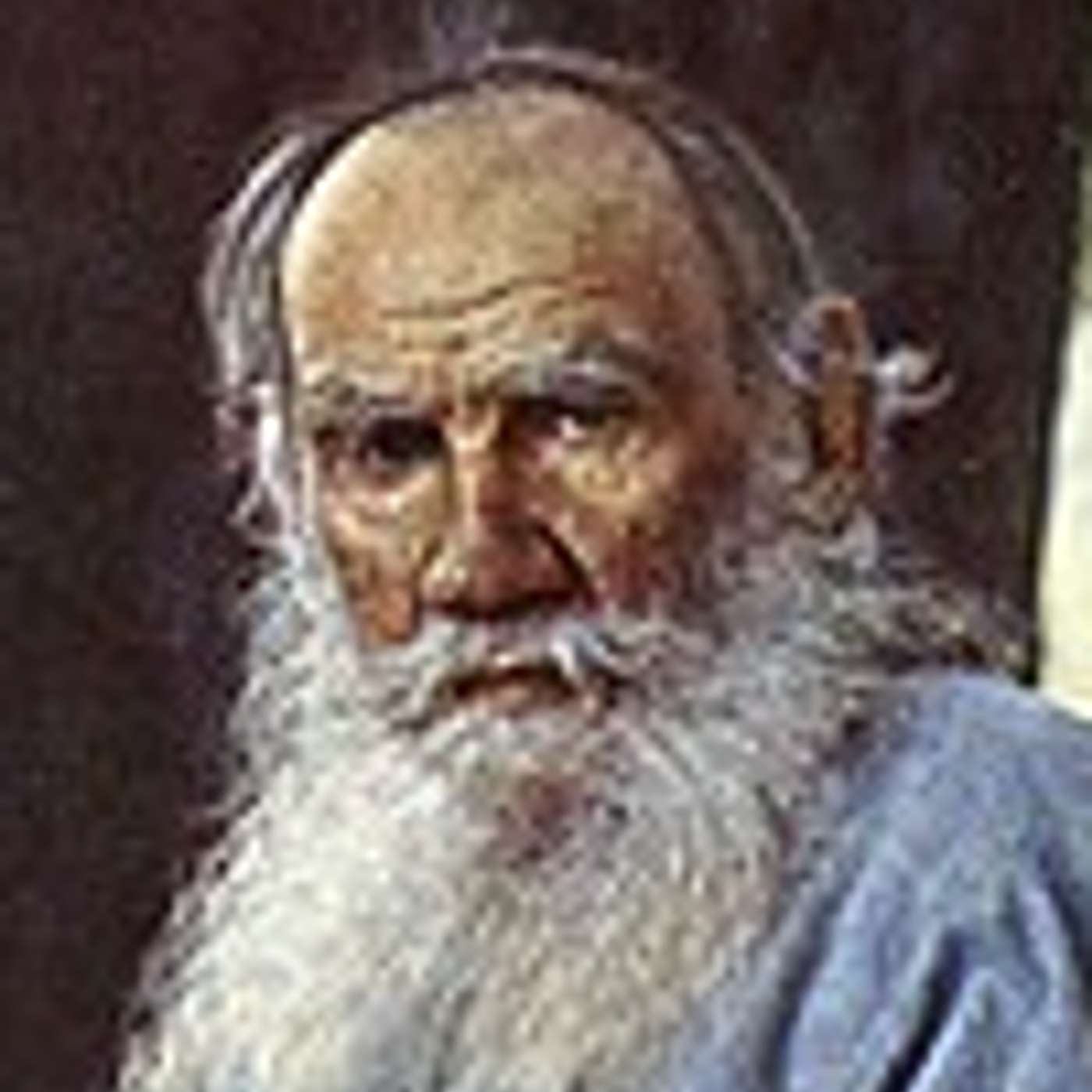
Send us a text
Leo Tolstoy is Russia’s other literary giant — a master of epic storytelling, moral inquiry, and psychological insight. His genius lies in observing the human soul with relentless curiosity, asking the questions every creative mind wrestles with: How do we live well? How do we understand ourselves and others? In Tolstoy, as in Dostoyevsky, we see that the tension between human desire, conscience, and society fuels some of the most enduring art ever written."
"Imagine a man who could stage a battlefield in words… then lecture his kids on morality like a...
Facing the Firing Squad
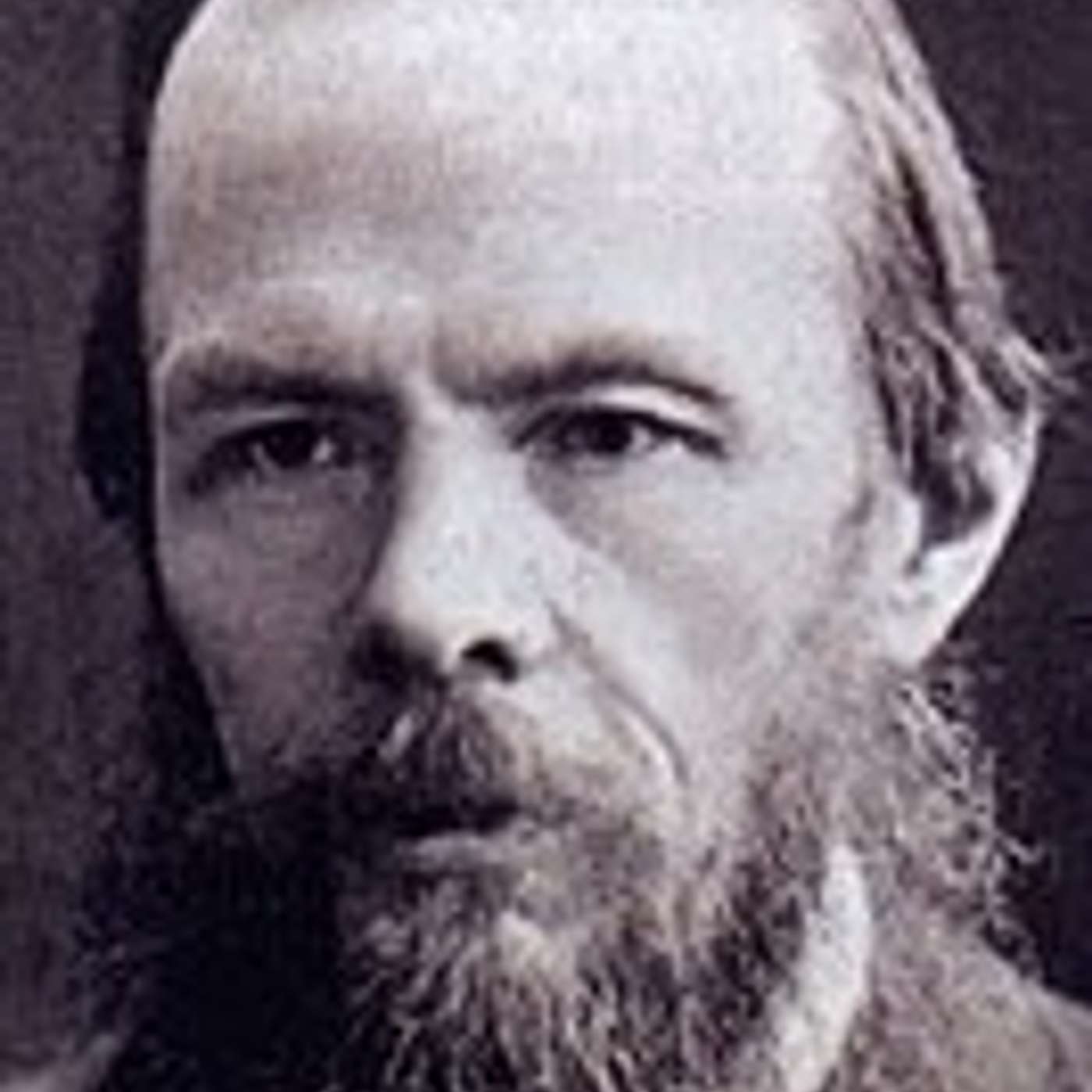
Send us a text
In the previous episode, we walked with Walt Whitman down the open roads of America, hearing the chorus of ordinary lives. Now we cross continents and step into the narrow corridors of the human soul with Fedor Dostoevsky—where freedom and conscience wrestle in shadows. Whitman’s poetry celebrated the sweep of America, the chorus of countless lives, and the boundless possibilities of freedom. Across the ocean and slightly later in time, Dostoevsky turned his gaze inward, exploring the shadowed recesses of the human heart. Whereas Whitman’s lines embraced the world, Dostoe...
Leaves of Freedom

Send us a text
Walt Whitman’s writing helped to capture and define the spirit of the growing United States during the challenging 1800s. He had a bold and unusual way of writing that created a new artistic style for America. Whitman's importance comes from three big changes that he led: a new way of writing poetry, a new way of thinking about democracy, and a new influence on American art.
Whitman called himself "an American, one of the roughs, a Kosmos,” and he carefully created this public image, which matched the bold an...
The Quiet Radical
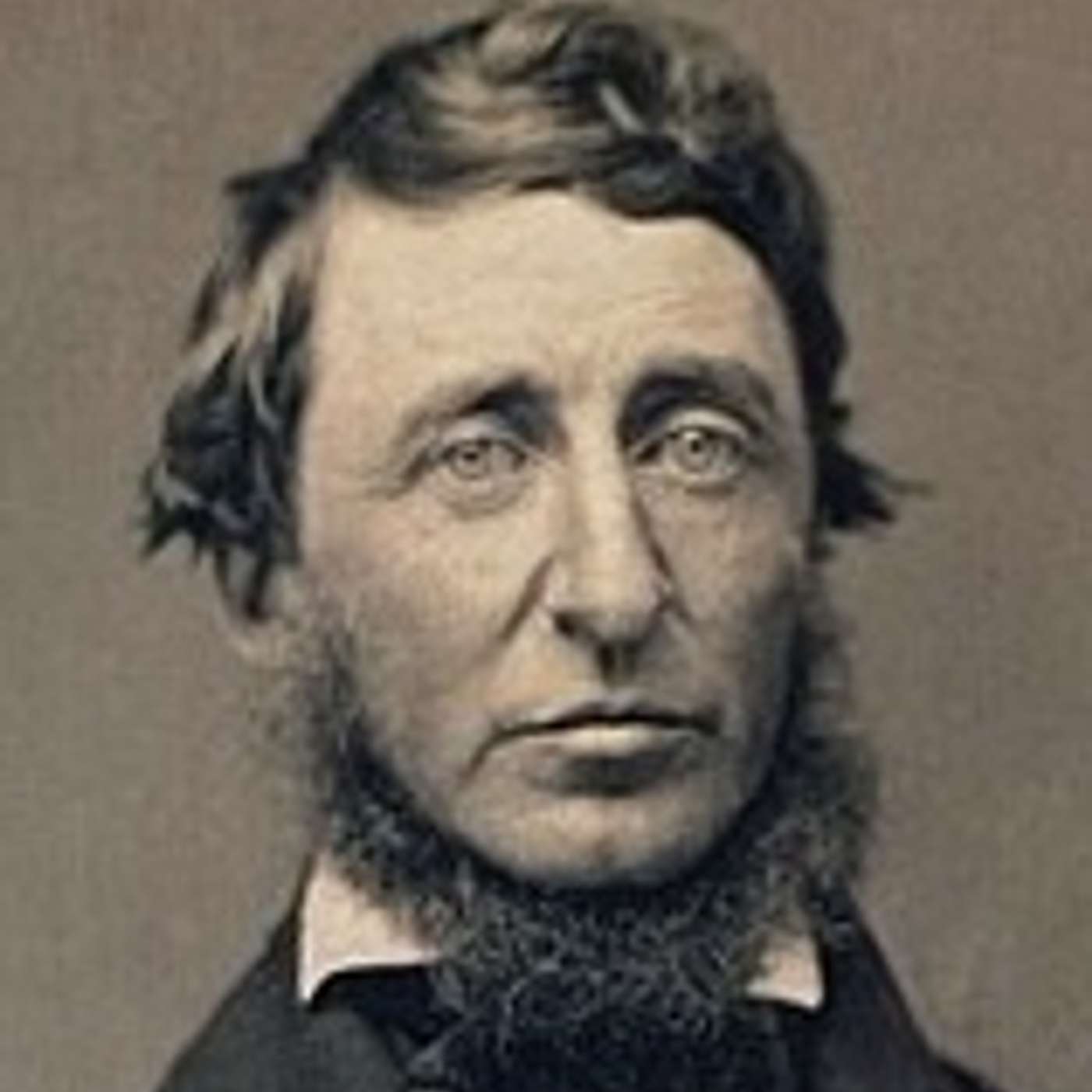
Send us a text
Within the past few days, this podcast has dealt with Victor Hugo, Jonathan Swift, and Edgar Allan Poe - all these individuals were giants who challenged the status quo, but in vastly different ways. Today I would like to add Henry David Thoreau to the mix for a hopefully a compelling contrast. He's often misunderstood, just like Poe, but his rebellion was one of quiet solitude rather than gothic excess or satirical fury.
Now when you think of a revolutionary, what comes to mind? A furious orator on a soapbox...
Les Miserables
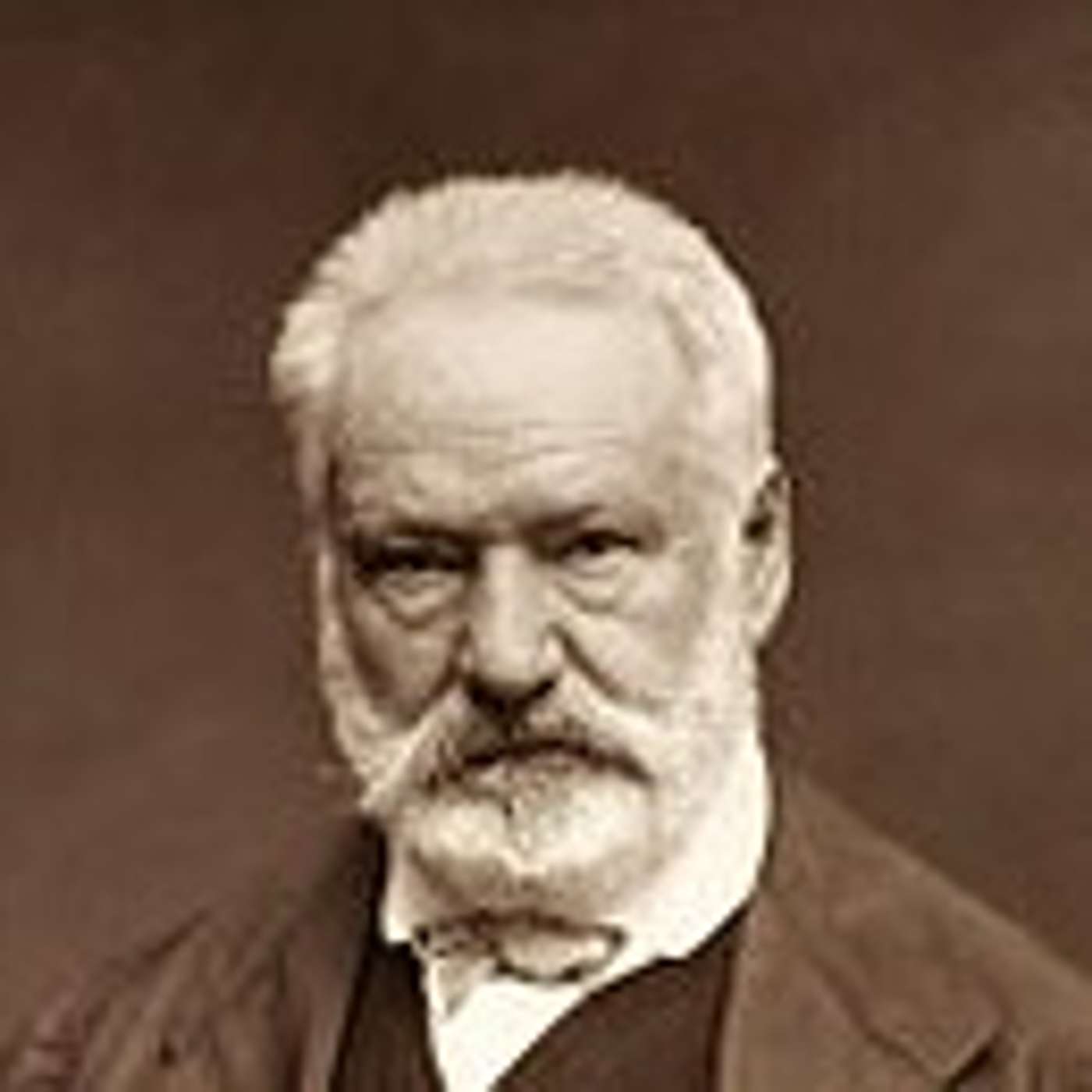
Send us a text
First you might ask - why should I read Victor Hugo. Well I'm glad you asked. You see, Reading Victor Hugo is an immersive and profound experience. But before we deal into Les Miserables, I want to say a little bit about his earlier novels.
You see, before his masterwork Les Misérables (1862), Victor Hugo wrote several other significant works, including novels, plays, and poetry. Two of his most important earlier novels are The Last Day of a Condemned Man (1829) and The Hunchback of Notre-Dame (1831). These works were crucial for his...
Storytelling for Social Change
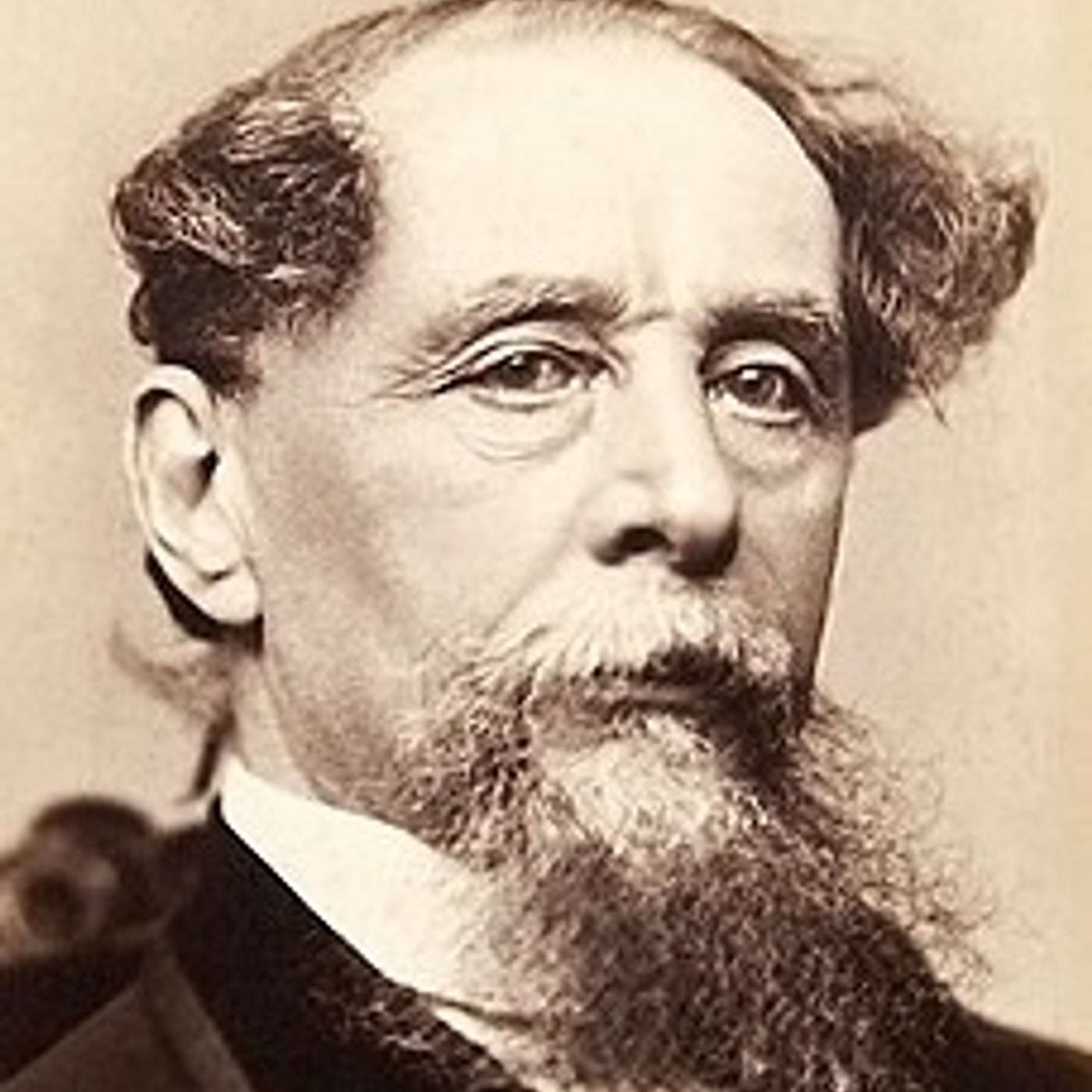
Send us a text
I can't believe it, but we are halfway through the list of writers. I have at least 13 of the 25 writers on the list finished - and today is Charles Dickens.
Now, Charles Dickens was a brilliant storyteller, a powerful voice for social justice, and a master of crafting unforgettable characters.
You could say that Charles Dickens was The Voice of the Common Person.
Dickens used his novels to expose the harsh realities of Victorian England, particularly for the poor and working class. His own childhood, which included a...
Echoes Through the Lakes
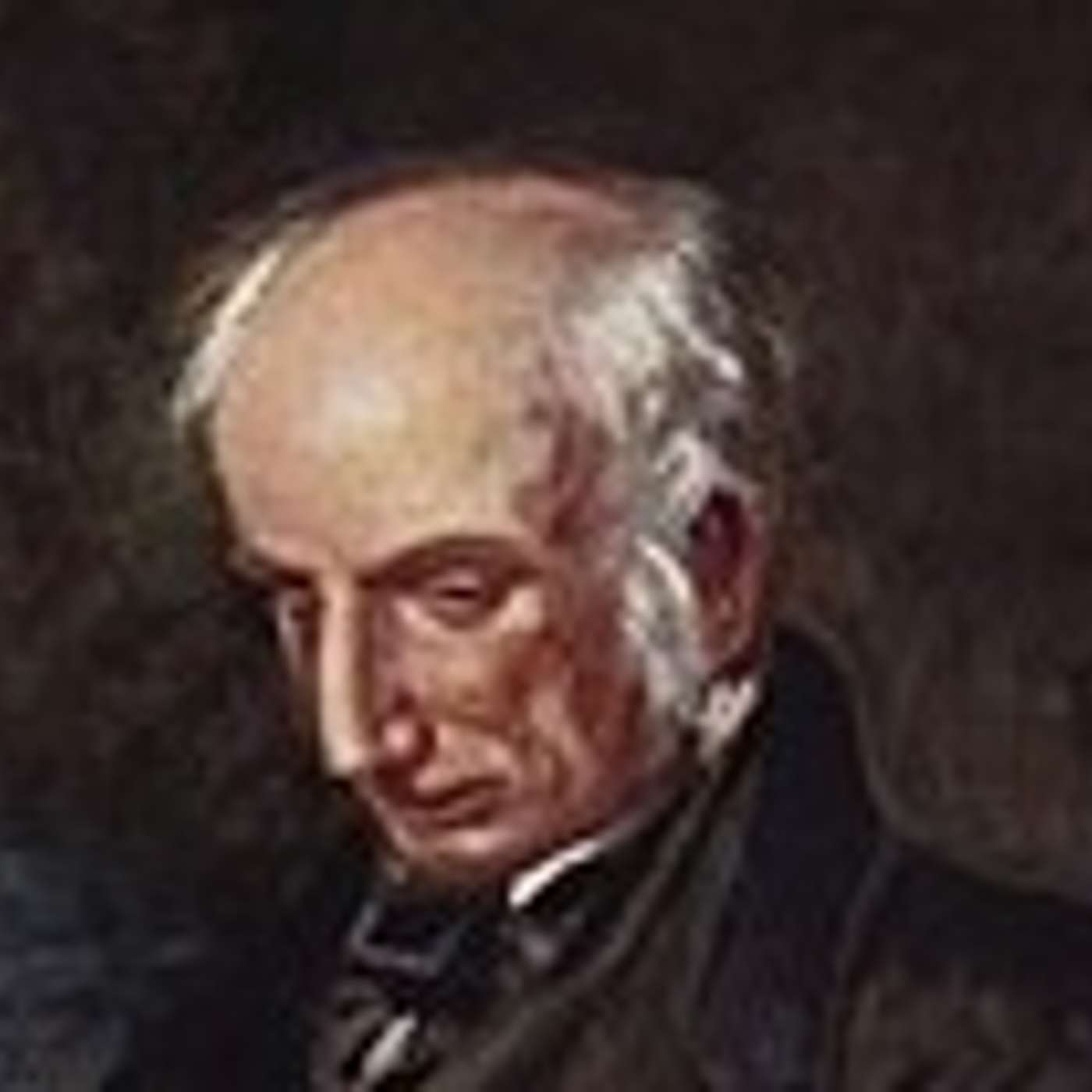
Send us a text
Imagine this: William Wordsworth, in the early 1800s, walking the hills of England’s Lake District. He stops to watch a field of daffodils swaying in the breeze, and suddenly, the moment becomes eternal. For Wordsworth, nature is not just scenery — it is a teacher, a healer, even a kind of companion. The world outside reflects the life within. And it’s reflective moments like these that remind us: literature is never written in isolation… it’s a conversation that stretches across centuries. Wordsworth’s vision would echo far beyond his own time.” For Wordsworth...
Feeding the Rich!
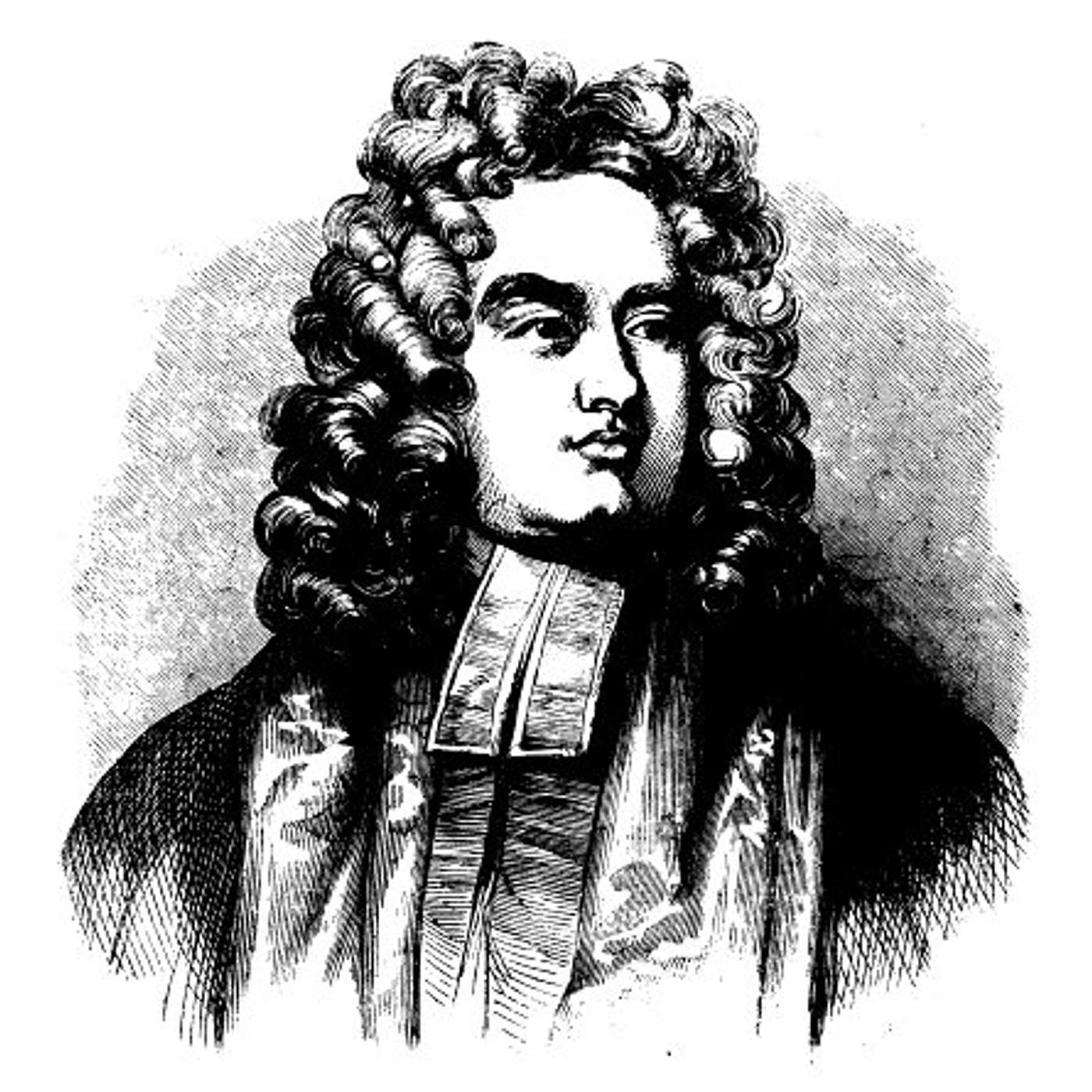
Send us a text
What if I told you one of the most famous writers in history calmly suggested… eating babies?
Here's the situation: You’re sitting down with a brand-new pamphlet in Dublin, 1729. The author, Jonathan Swift, is proposing a solution to poverty in Ireland. And here’s the solution: the Irish poor should sell their babies as food to the wealthy.
Yes, you heard that right. Children — on the dinner plate.
Swift wrote,
“I grant this food will be somewhat dear, and therefore very proper for landlords, who, as the...
Spy with a Pen
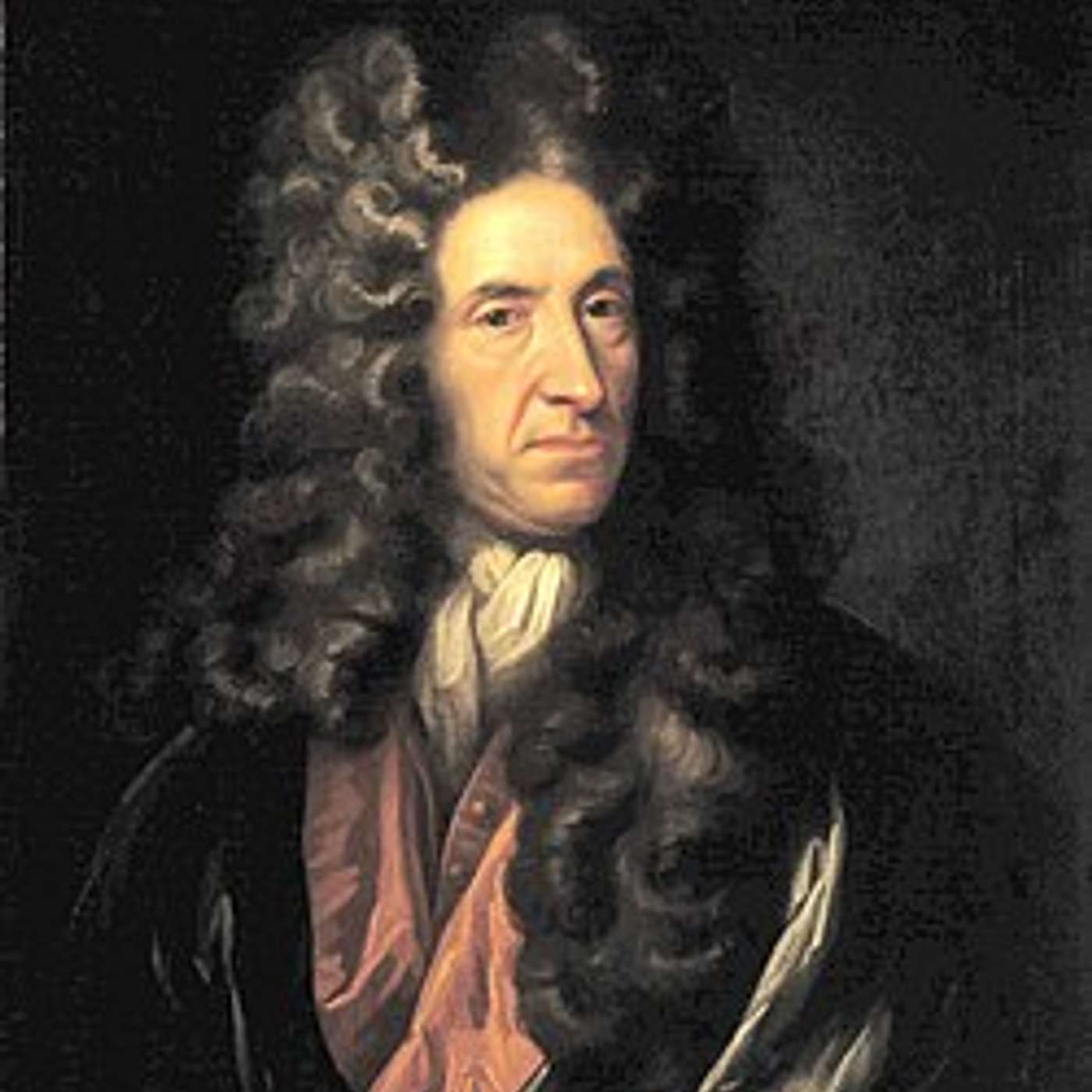
Send us a text
Now, Daniel Defoe, the author of Robinson Crusoe, was a prolific and multi-talented English writer, journalist, and spy, whose life was as adventurous as his most famous characters. Born Daniel Foe around 1660 in London to a family of Dissenters (Protestants who did not conform to the Church of England), he later added the aristocratic-sounding "De" to his name.
Defoe's early career was far from literary. He was a merchant, dealing in a wide range of goods from hosiery to wine. His business ventures were often precarious, and he experienced several...
Darkness Visible
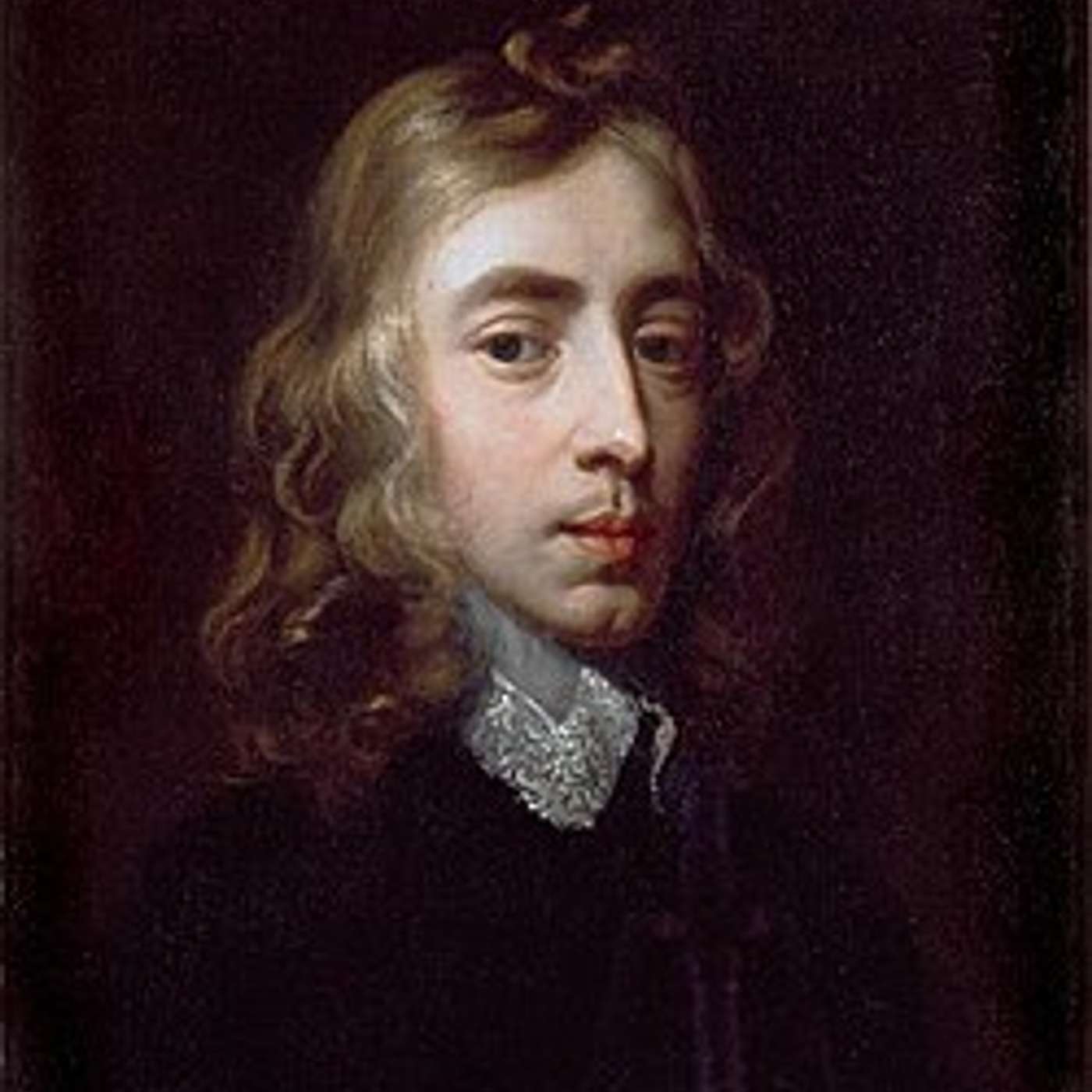
Send us a text
"Darkness visible — a phrase that captures the paradox of John Milton’s life: eventual blindness in body, yet vision without bounds in the mind.”
"Imagine a world gone dark — yet in that darkness, a man named John Milton could see more clearly than anyone else."
John Milton grew up with privilege, expectation, and a mind hungry for knowledge. His father, a scrivener, provided tutors, music lessons, and an education that would prepare him for greatness. From an early age, Milton believed he was destined for immortality.
Yet life...
Death Be Not Proud
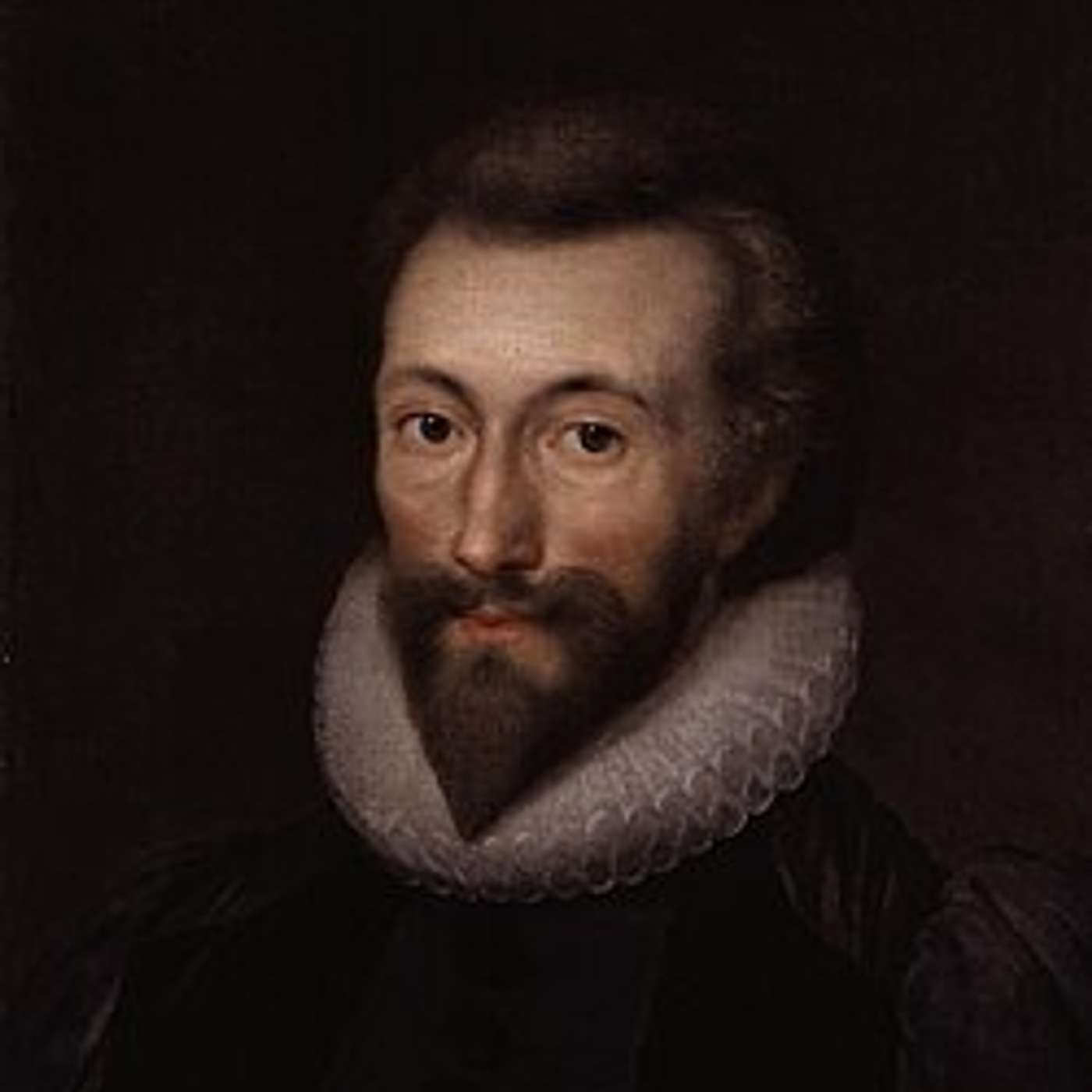
Send us a text
Well here no I don't wanna do this I don't wanna do this because when I start doing stuff like this screw up so I'm just showing you I've got a belt a few hundred more to hit how are your running since you changed your topic much much higher there's no comparison
Support the show
Thank you for experiencing Celebrate Creativity.
Greatest of Them All - Part 2
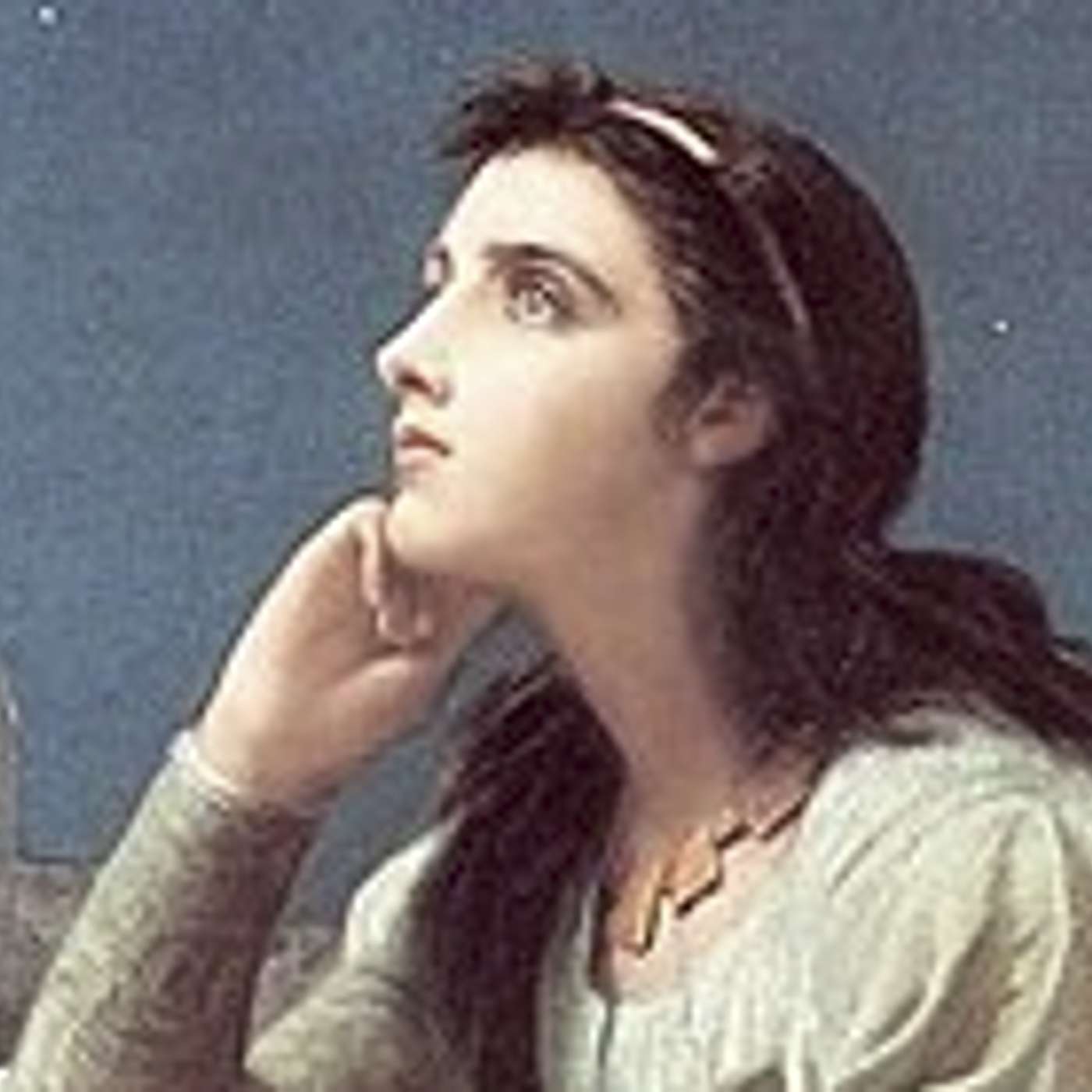
Send us a text
Welcome to Celebrate Creativity - Episode 458 - The Greatest of Them All, Part Two
“In Episode 1, we followed Shakespeare from Stratford-upon-Avon to the bustling streets and theatres of London, watching him experiment with history, tragedy, and love. But the story doesn’t stop there. From these early works, Shakespeare climbed higher, perfecting his craft and tackling the deepest questions of humanity.
Take Hamlet, for instance. Here is a prince torn between revenge, morality, and his own inaction. With the simple, yet profound, words ‘To be, or not to be…,’...
Greatest of Them All - Part 1
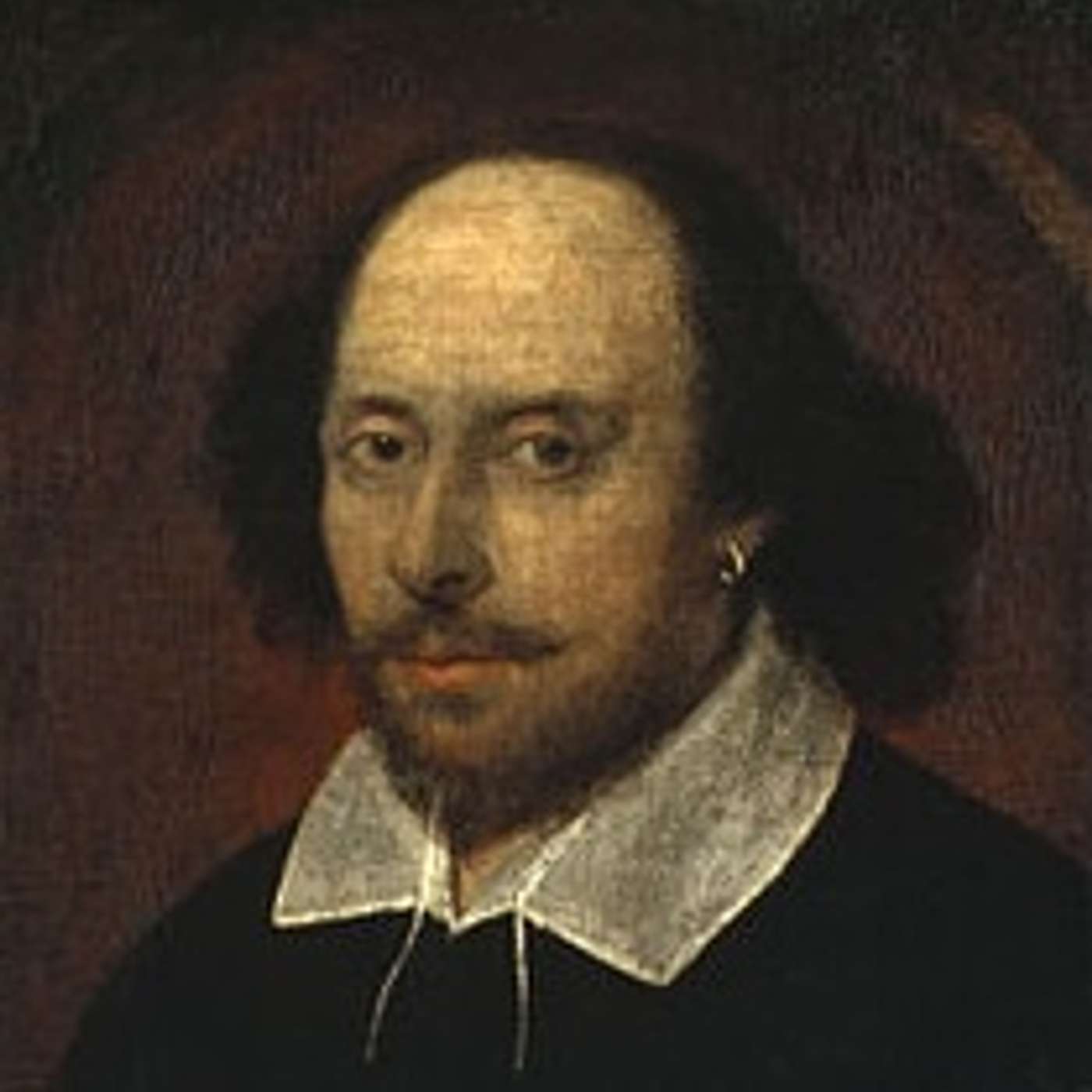
Send us a text
The Greatest of Them All - Part 1
Now when I first decided to have a series of podcast episodes dealing with what I believe are the 25 most influential writers, it seemed easiest and most effective to have one episode for each writer. But I soon found that William Shakespeare easily deserved several episodes - so I'm going to devote two episodes to Shakespeare because of his importance to the English language and creativity -still fully realizing that's not enough.
Anyway, If you visit Stratford-upon-Avon today, the f...
Chaucer - Not Just Paperwork
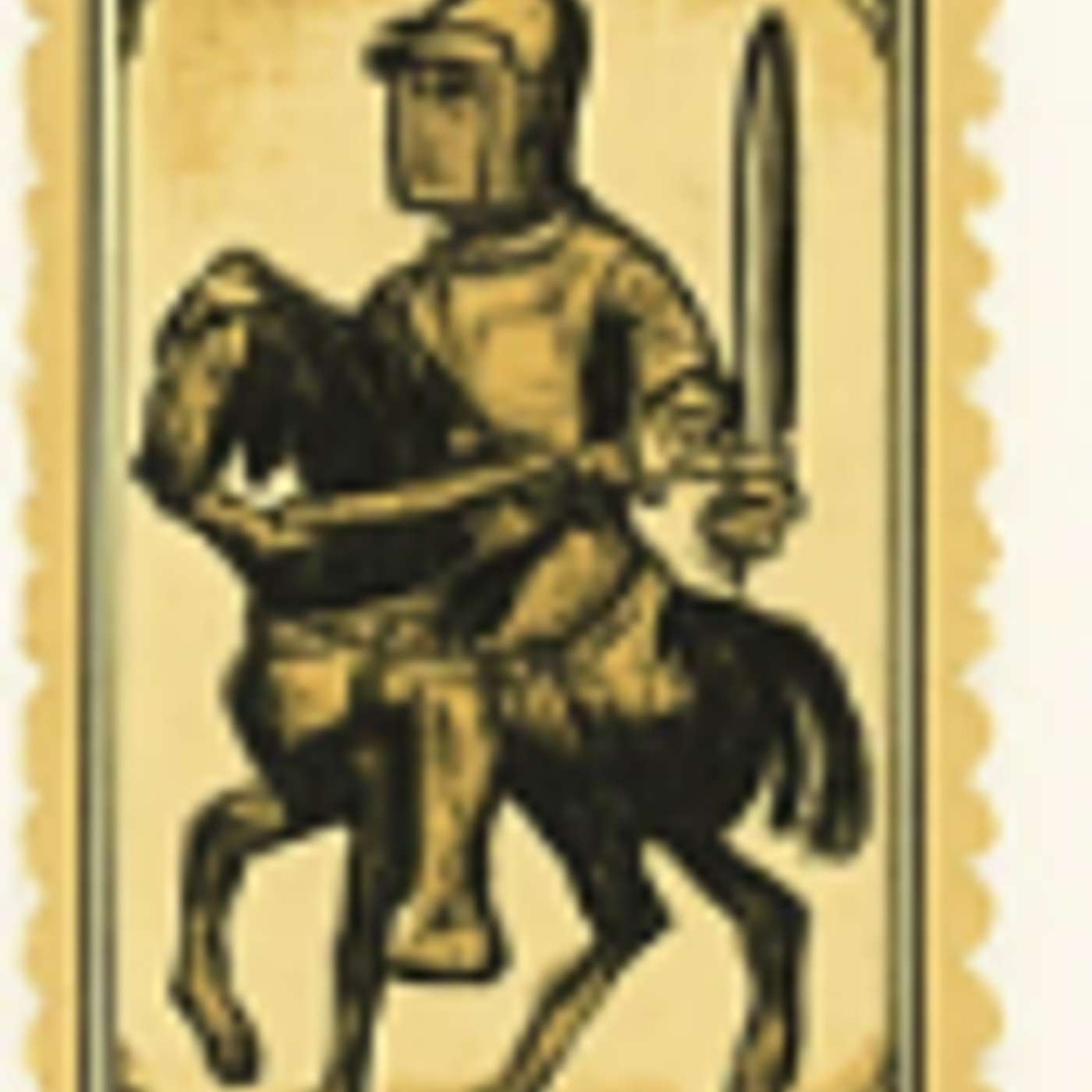
Send us a text
Welcome to Celebrate Creativity - Chaucer -Not Just Paperwork
Before Shakespeare, before Austen…even before Milton, there was Jeffrey Chaucer. Boldly writing in English when most of the literary world preferred Latin or French. Imagine that audacity!"
Cue pause: 1 second, let the audience absorb “audacity.”
“The English language just wasn’t considered worthy of literature, and here was, Jeffrey Chaucer giving the English language - life, color, and humor.”
Fireflies harp
"Chaucer didn’t just write stories—he invented a whole way of telling them...
Architect of the Afterlife
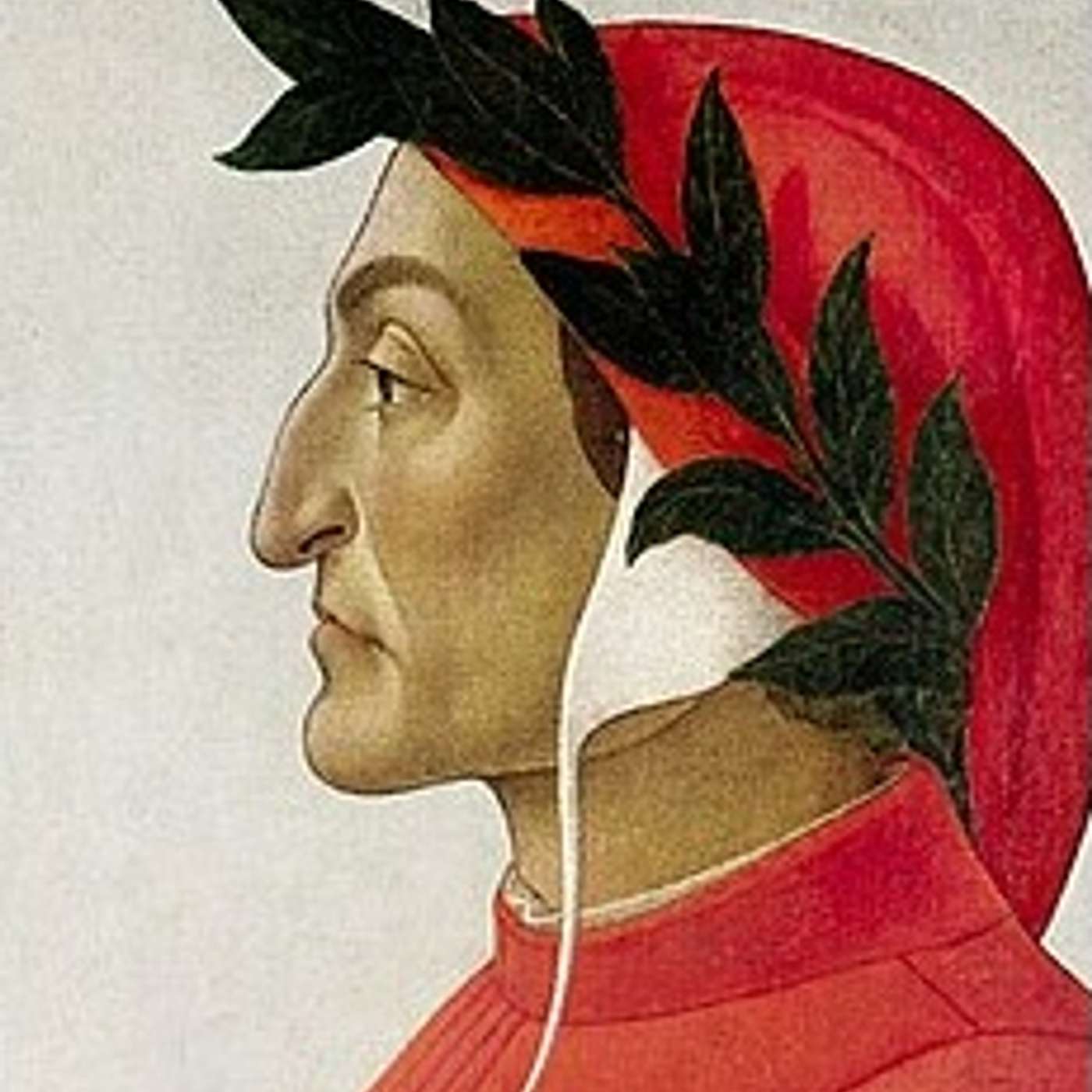
Send us a text
Support the show
Thank you for experiencing Celebrate Creativity.
